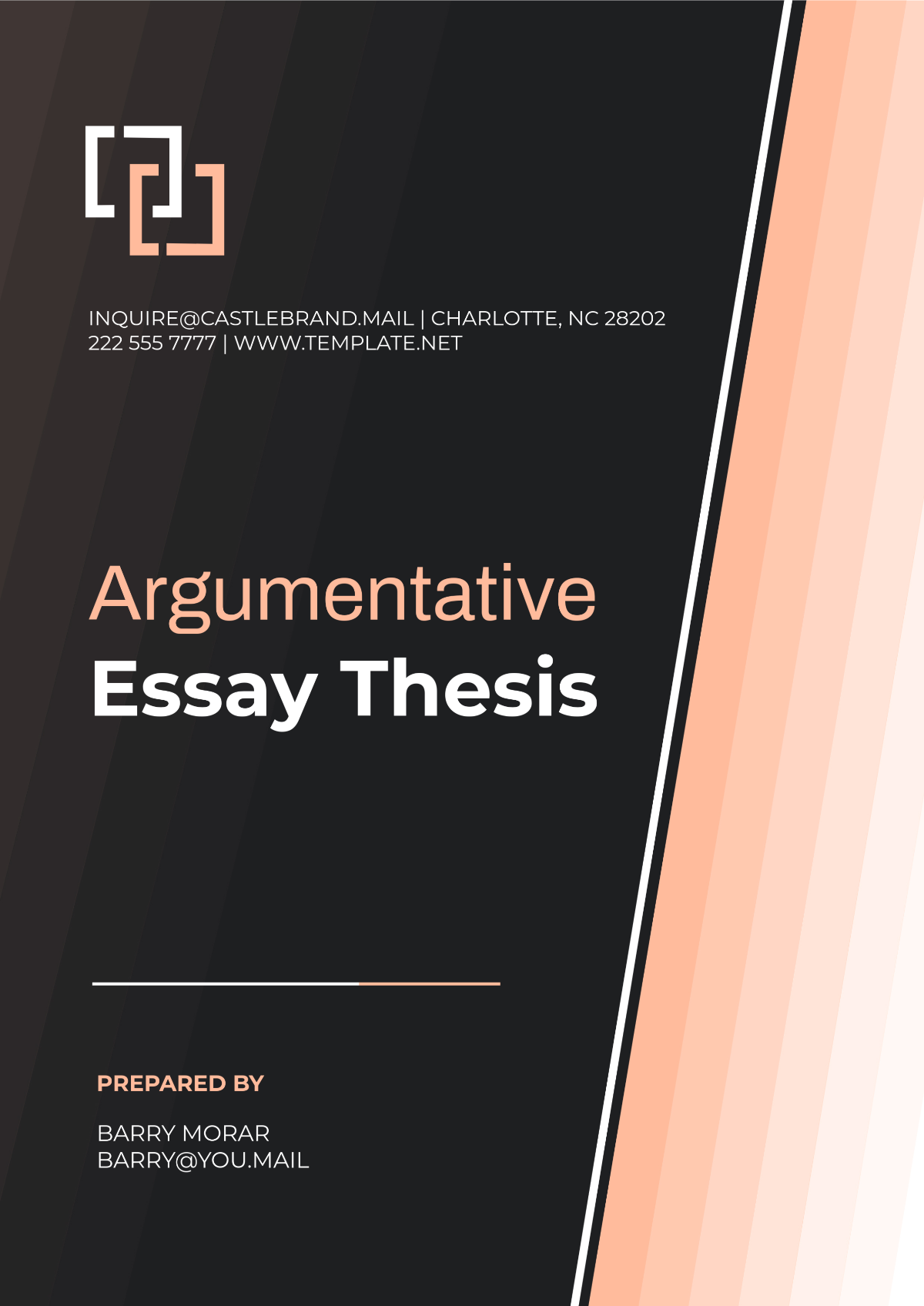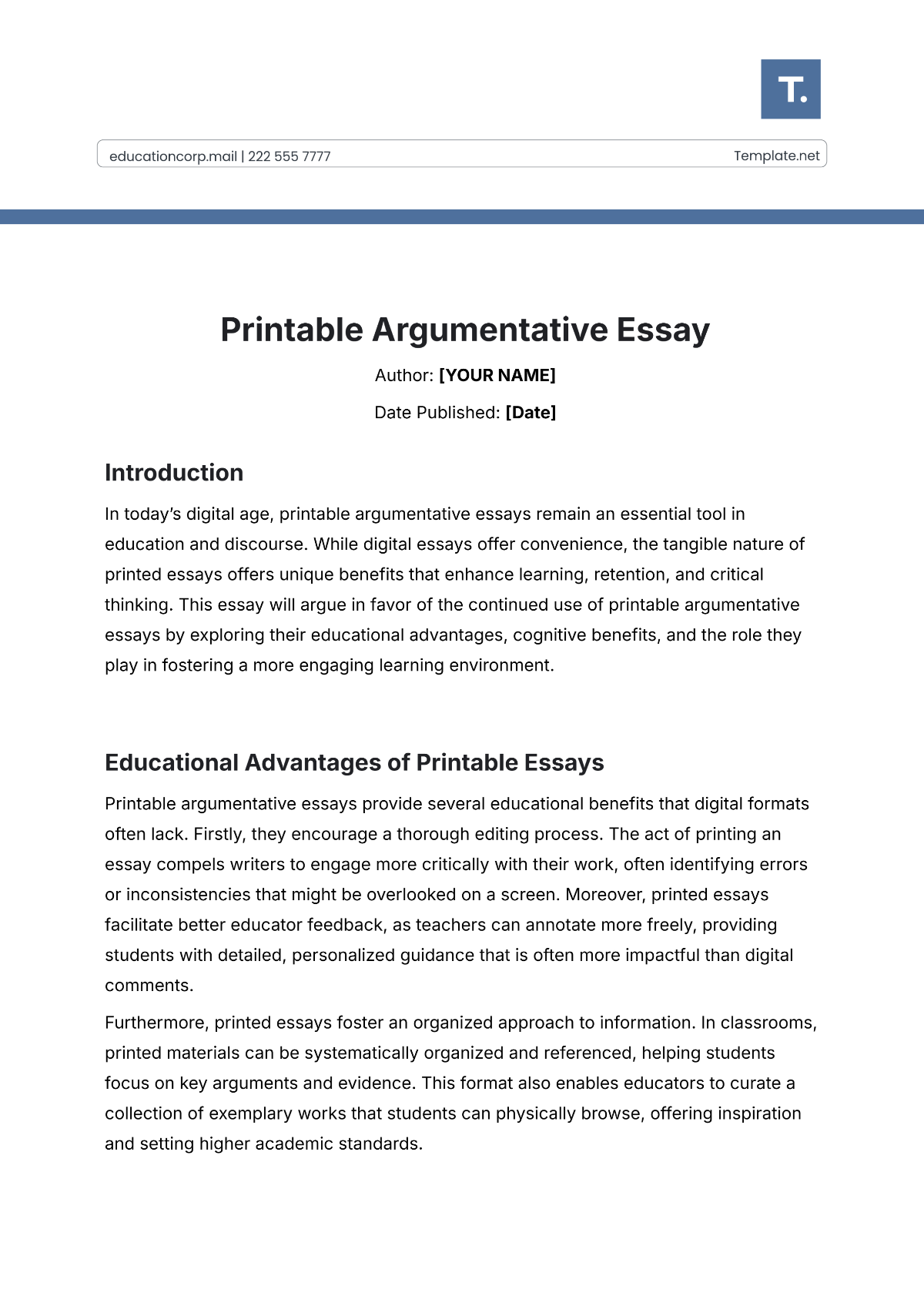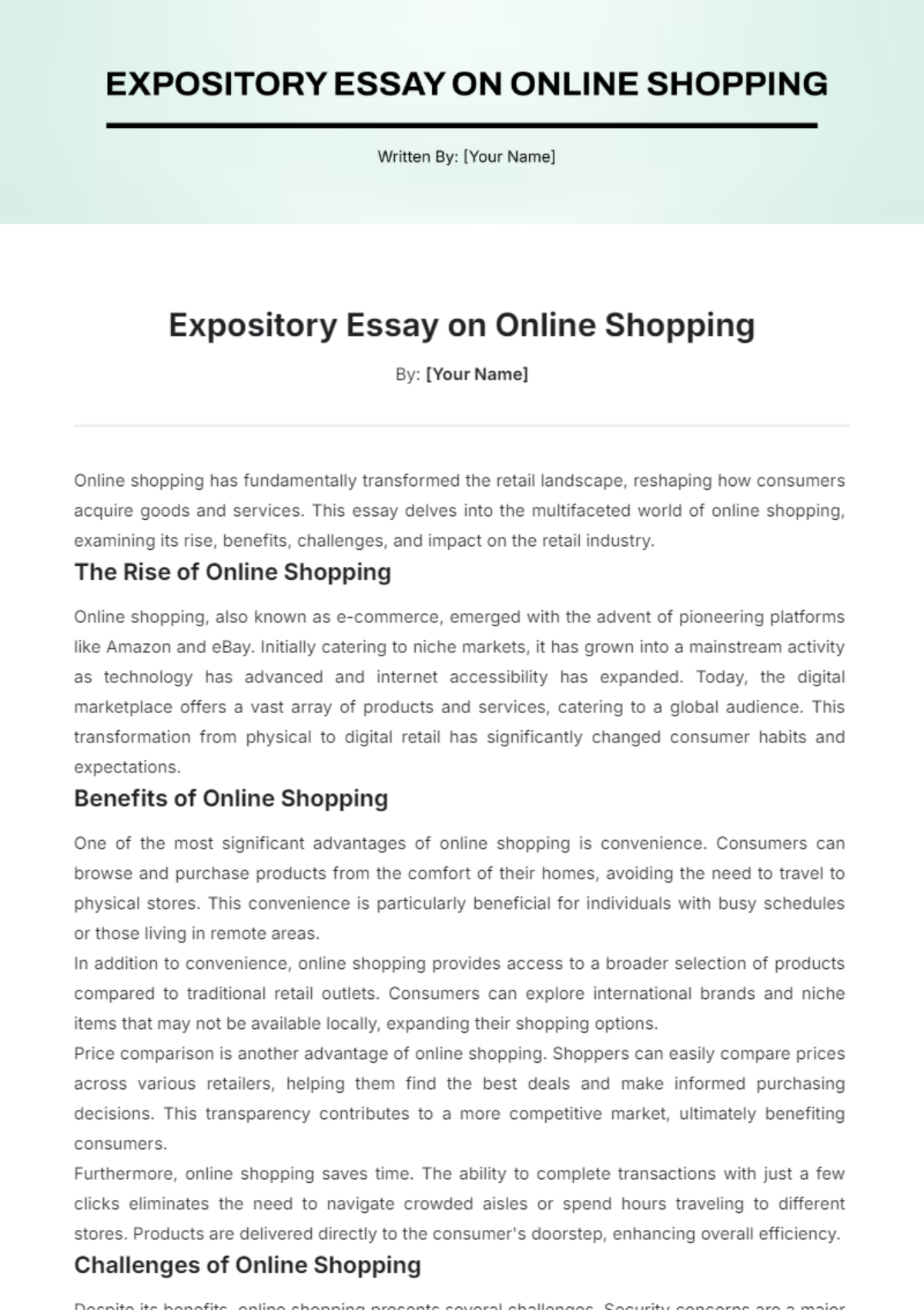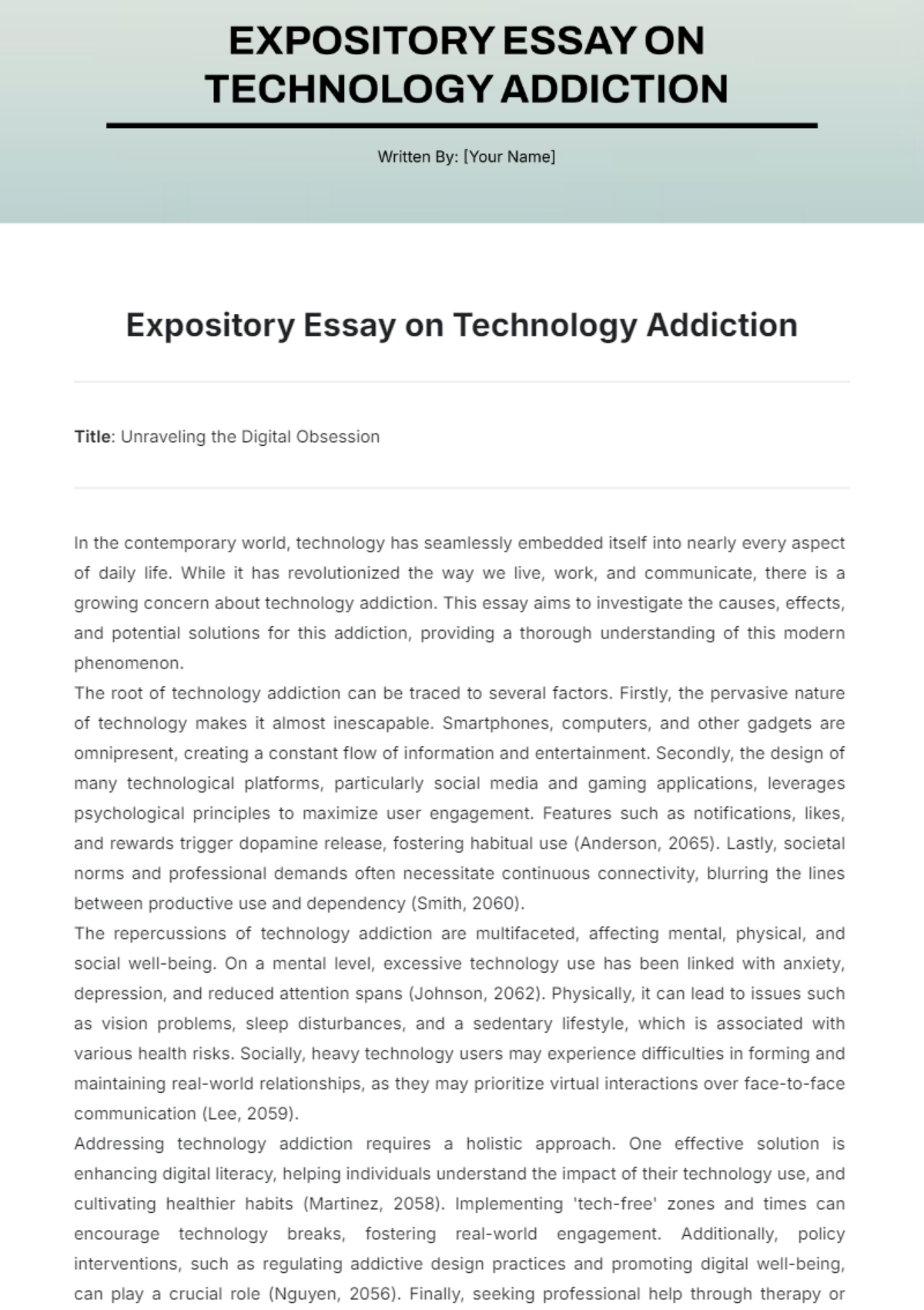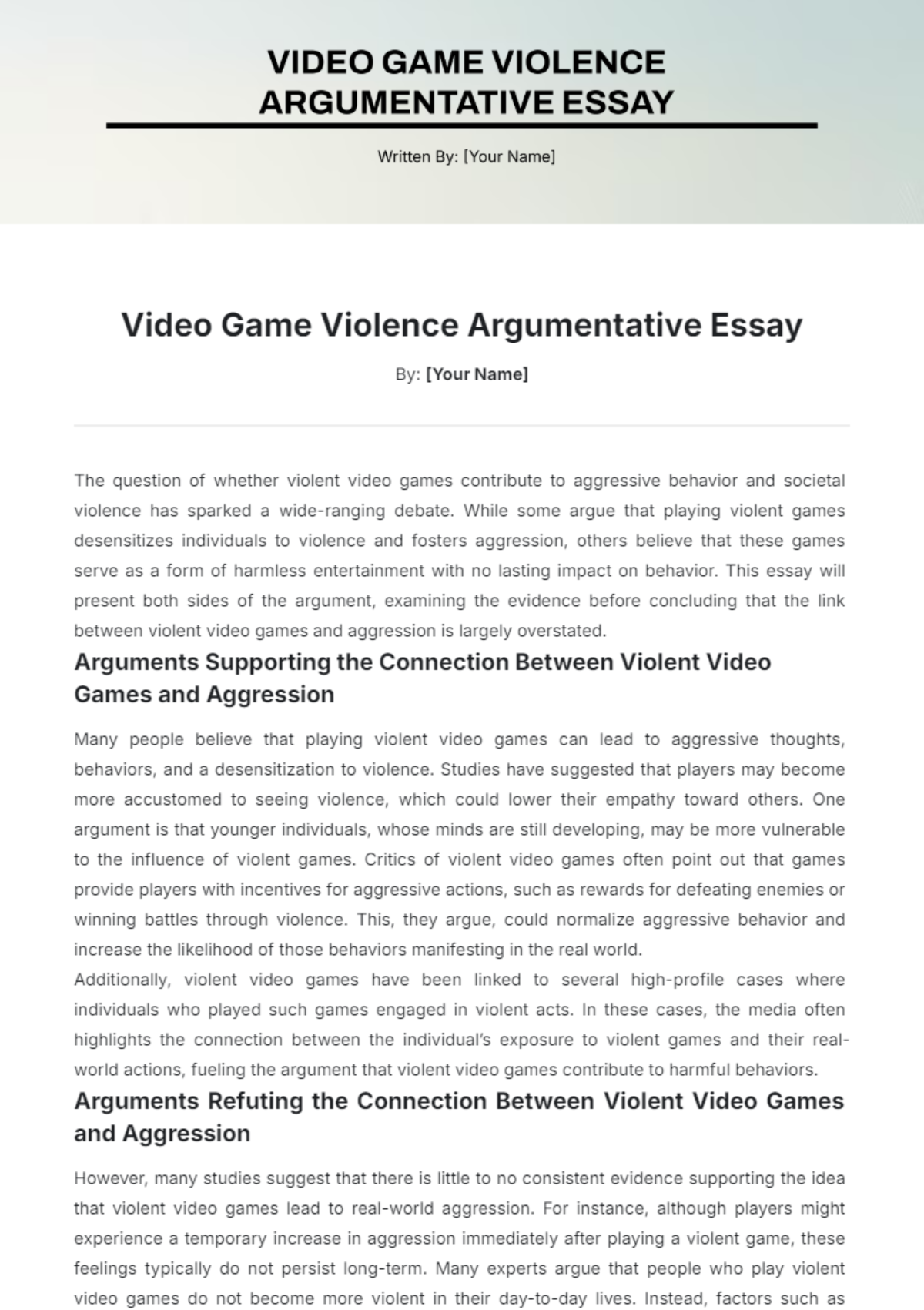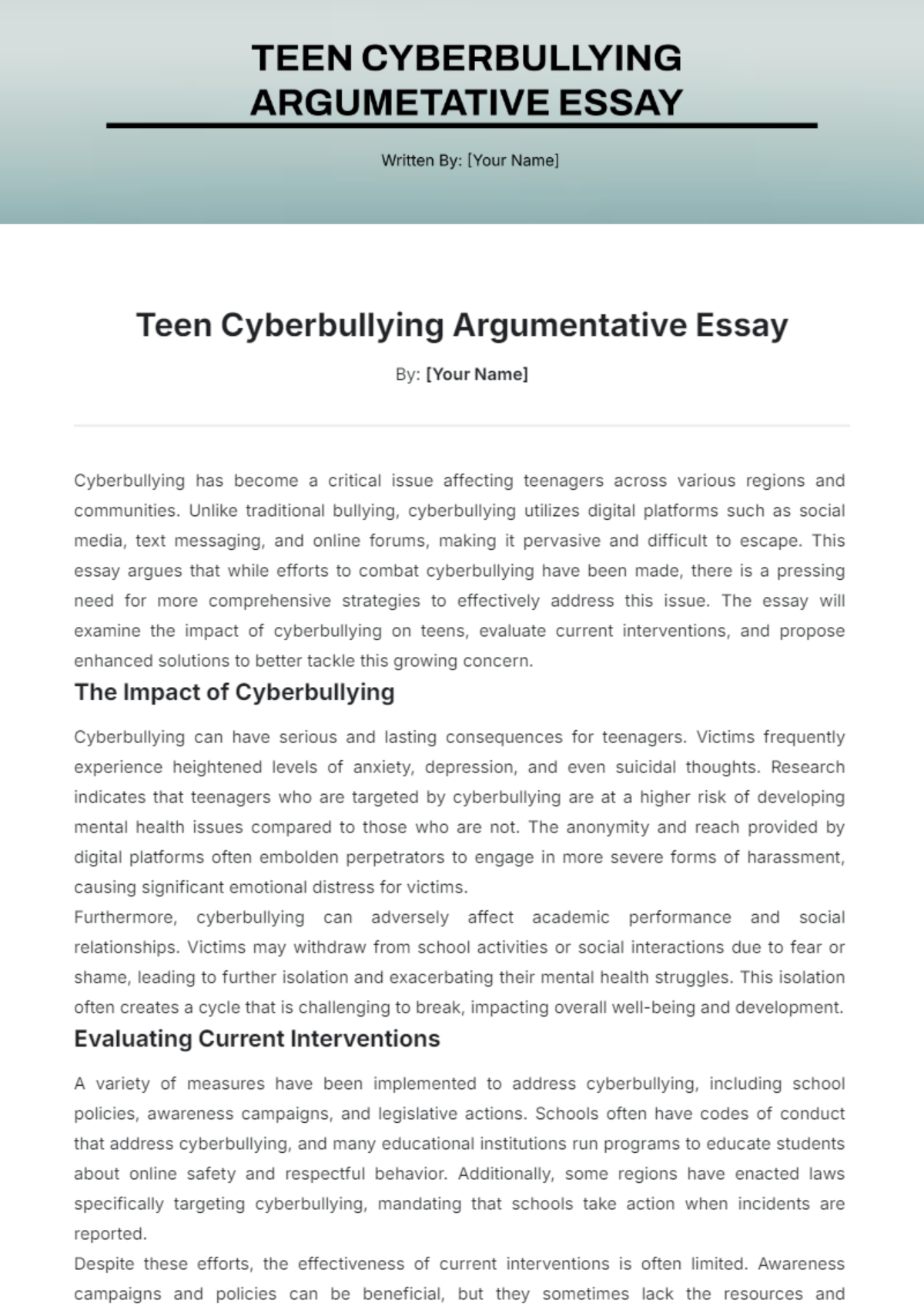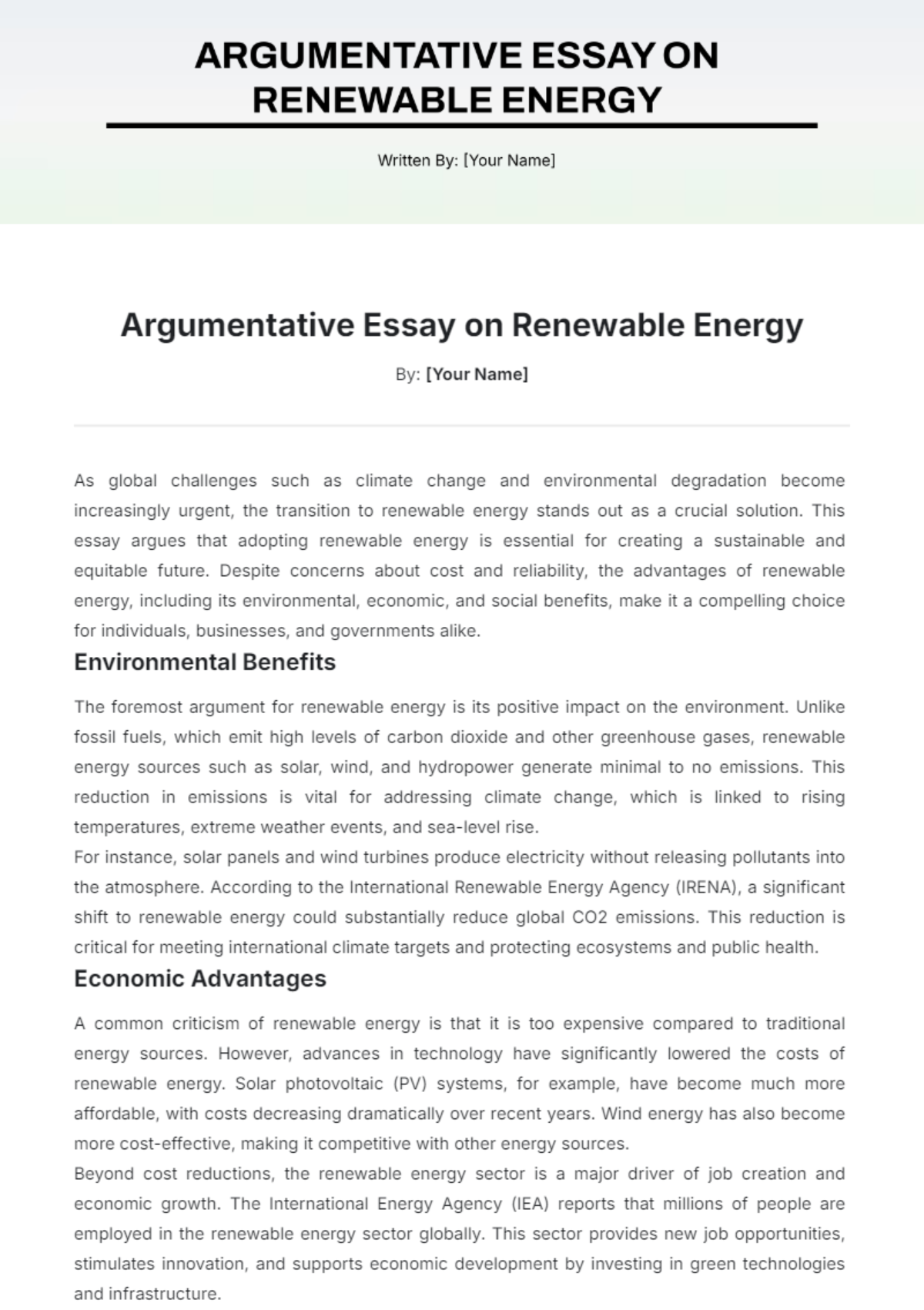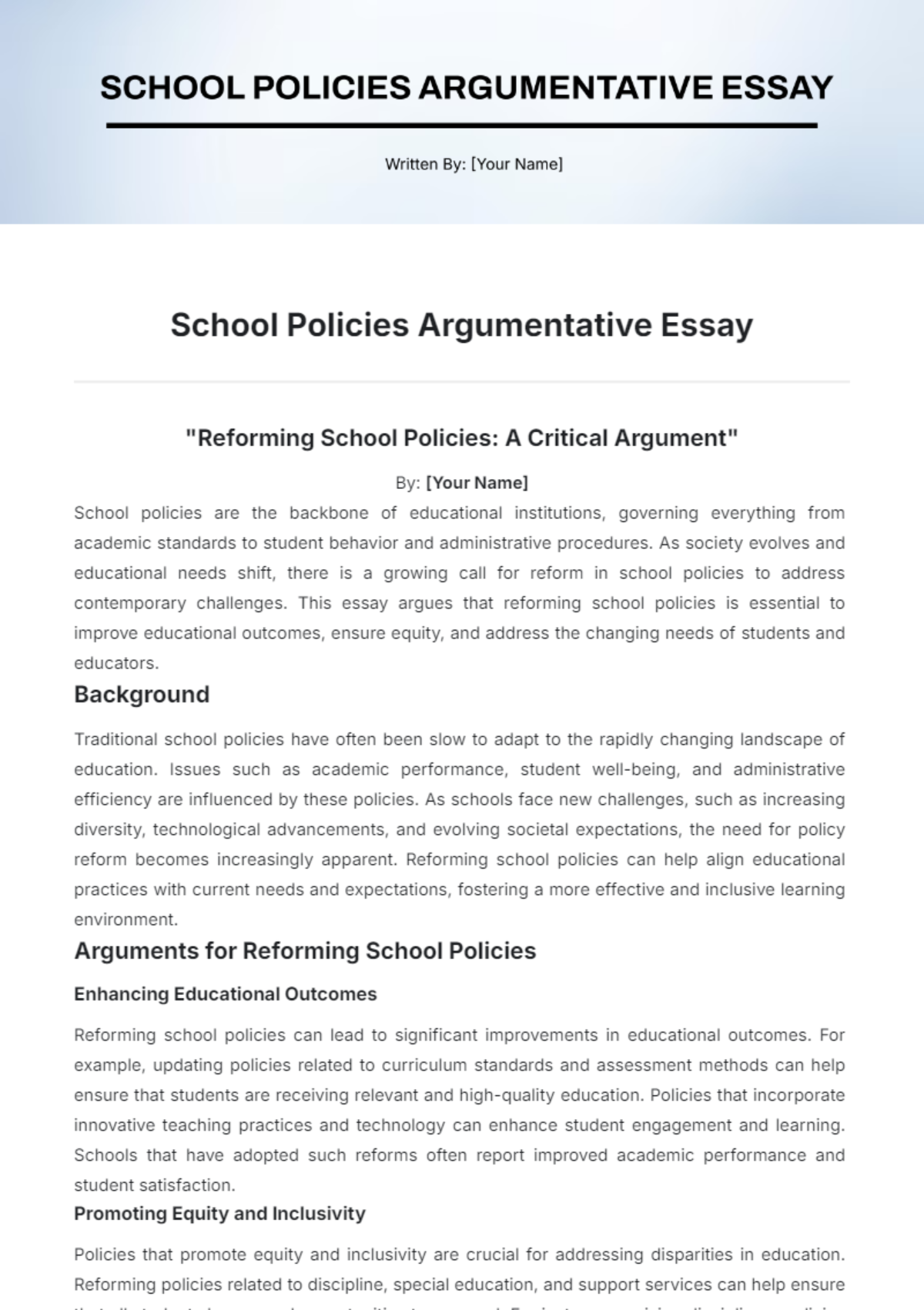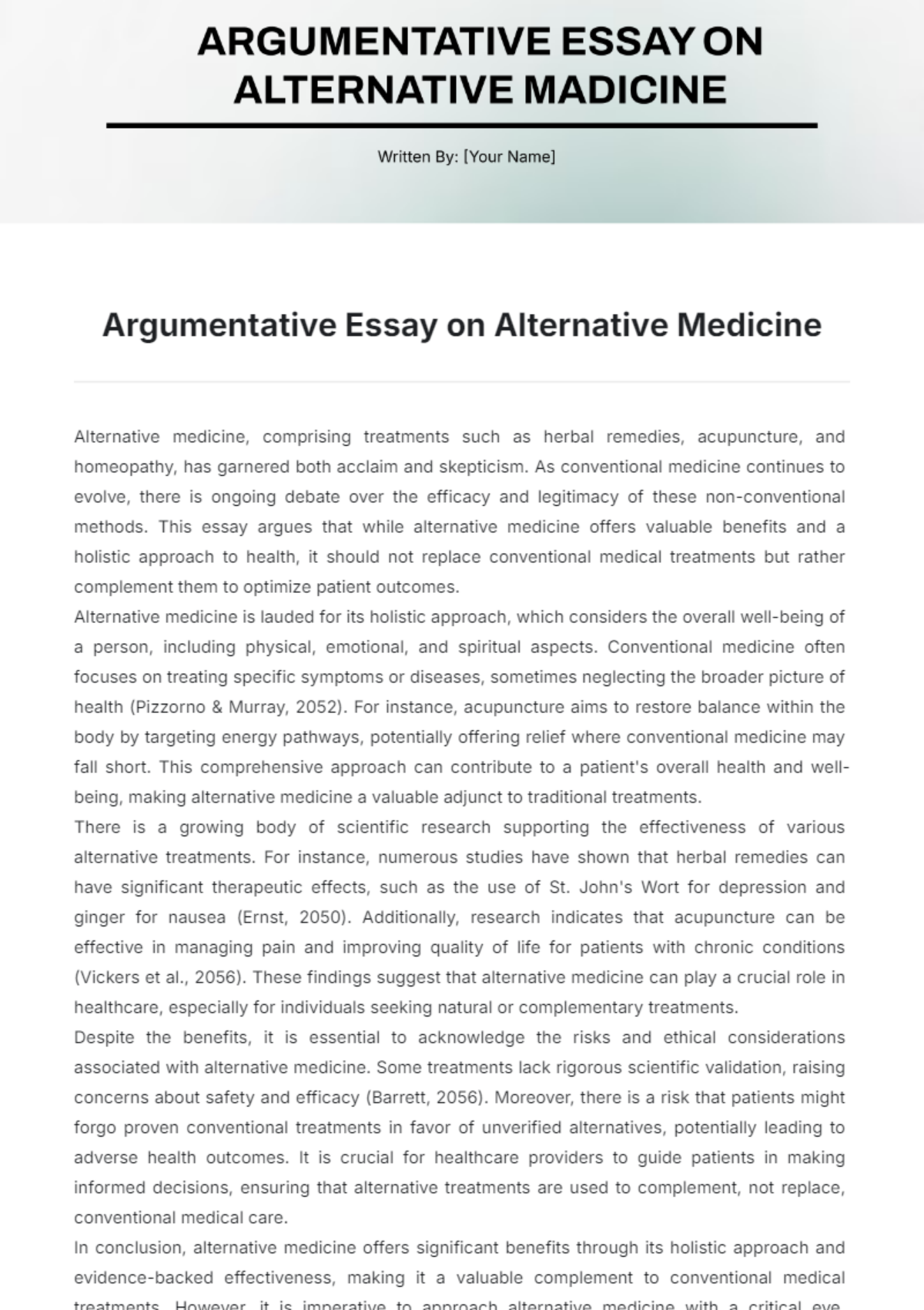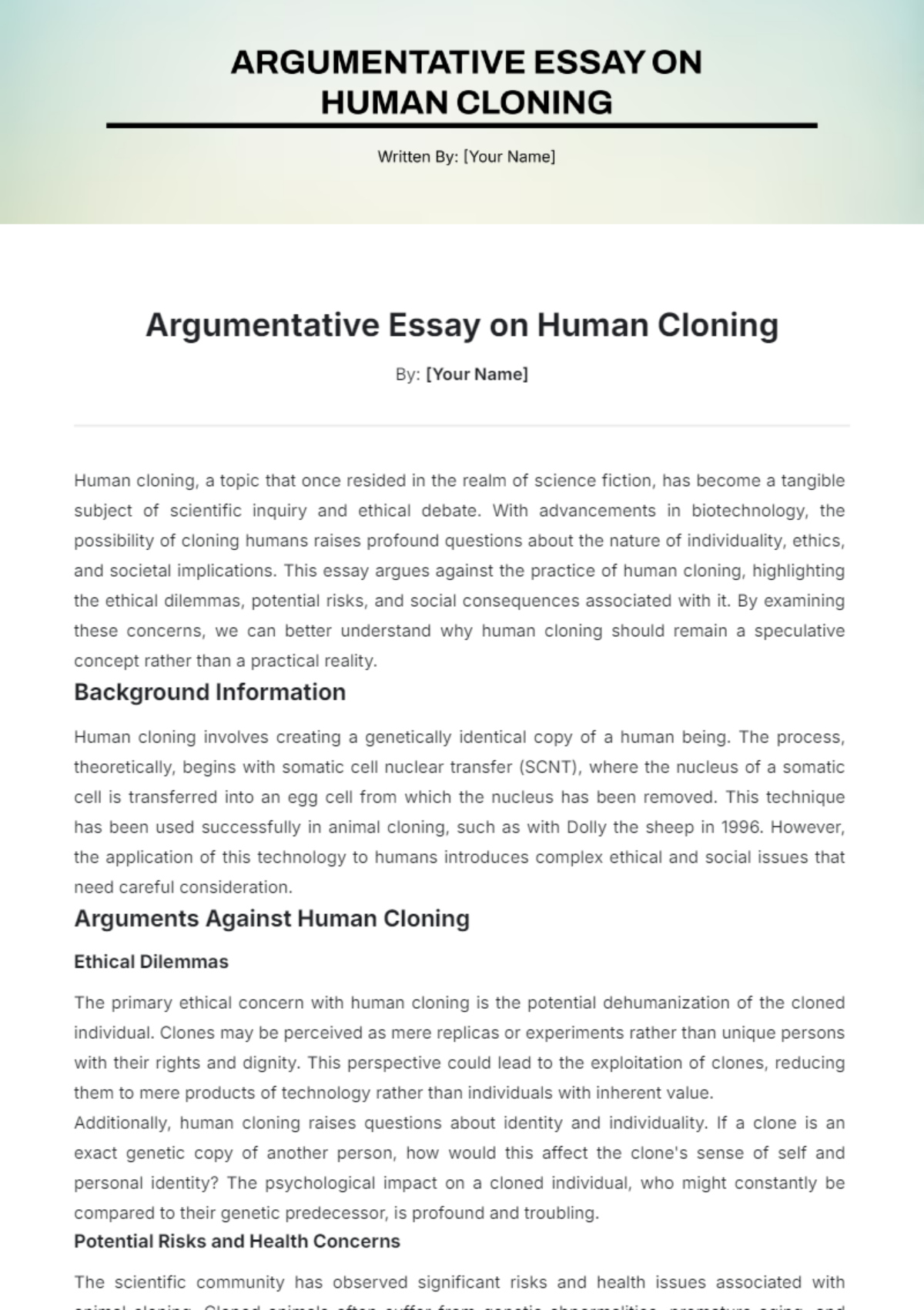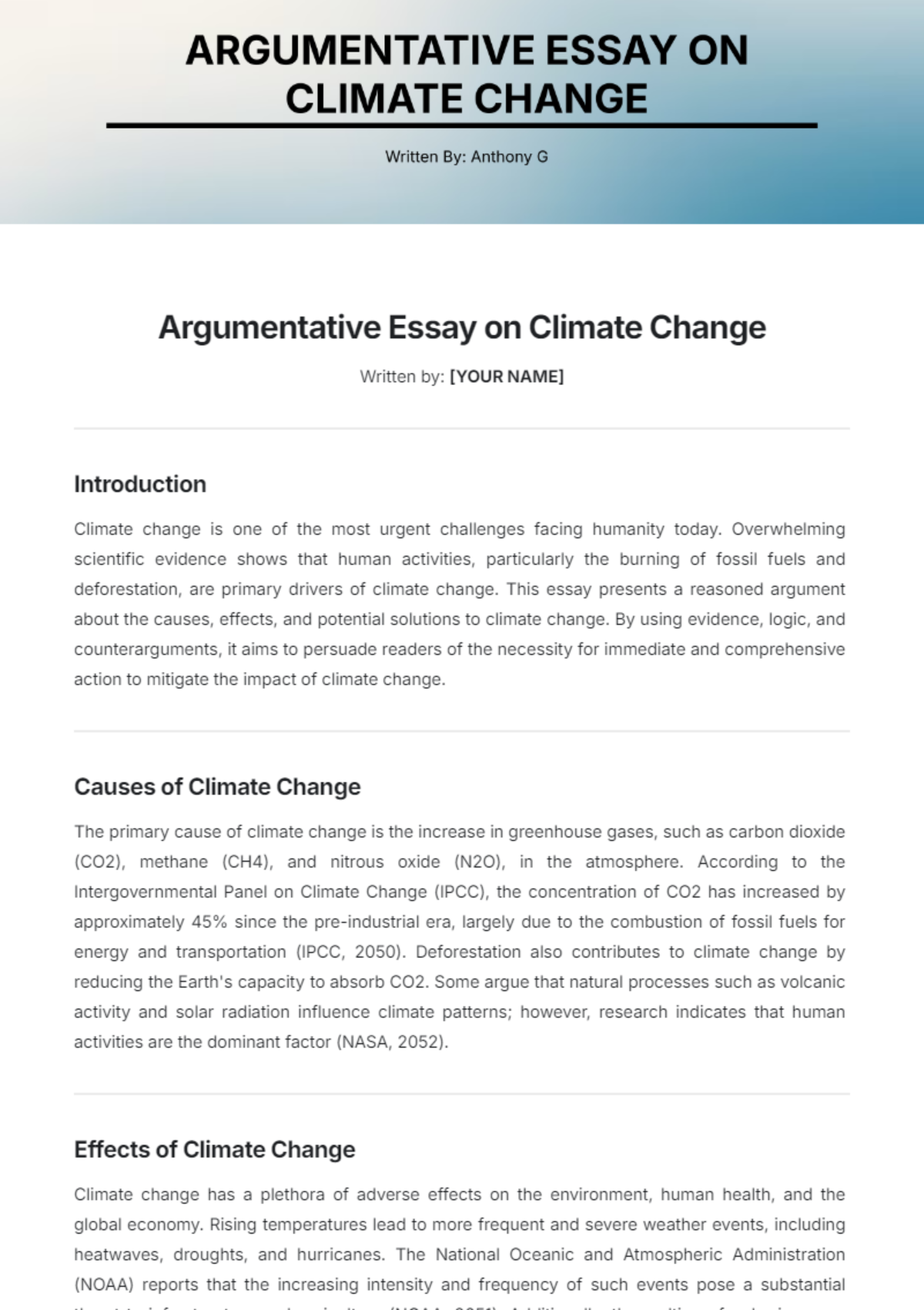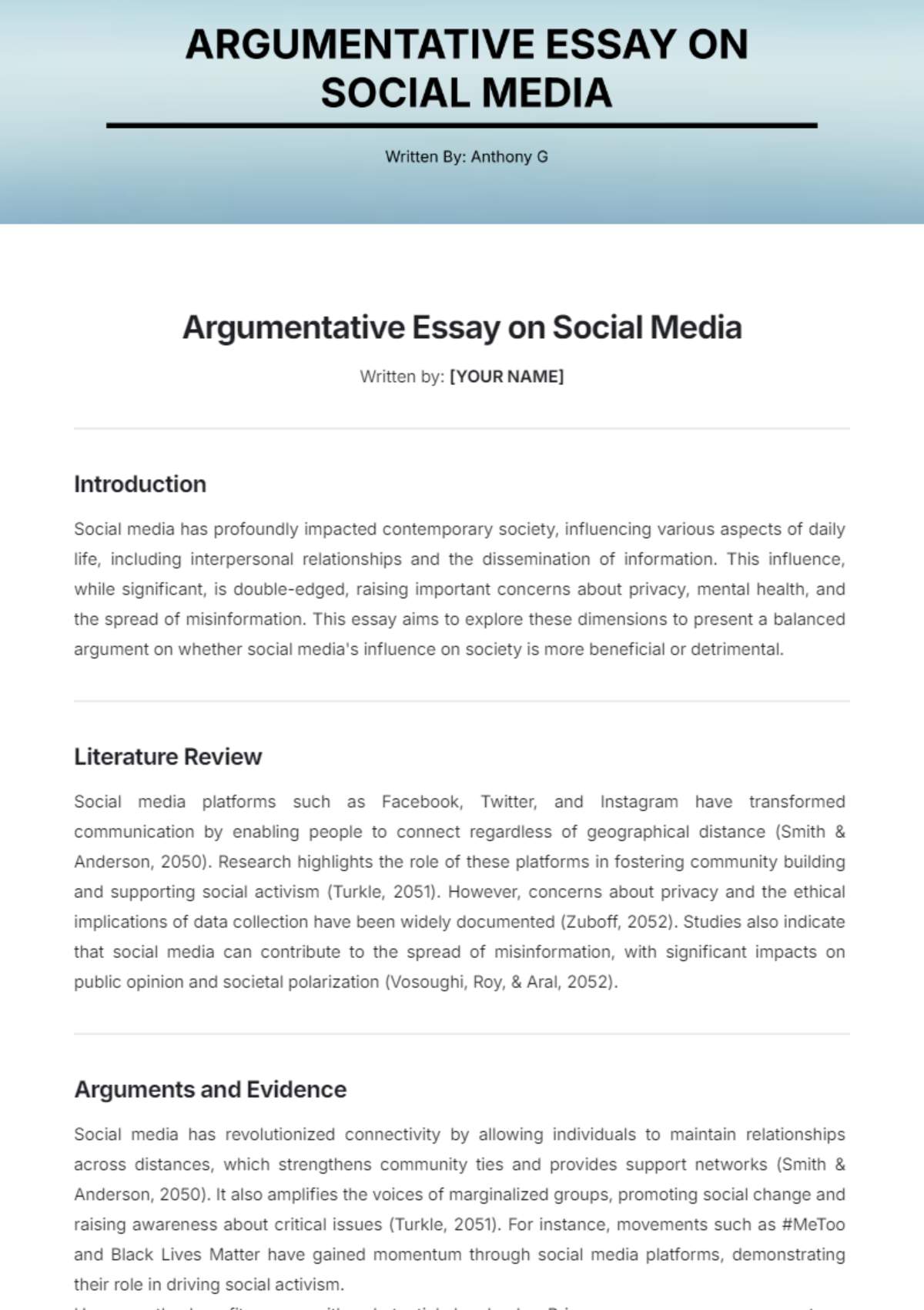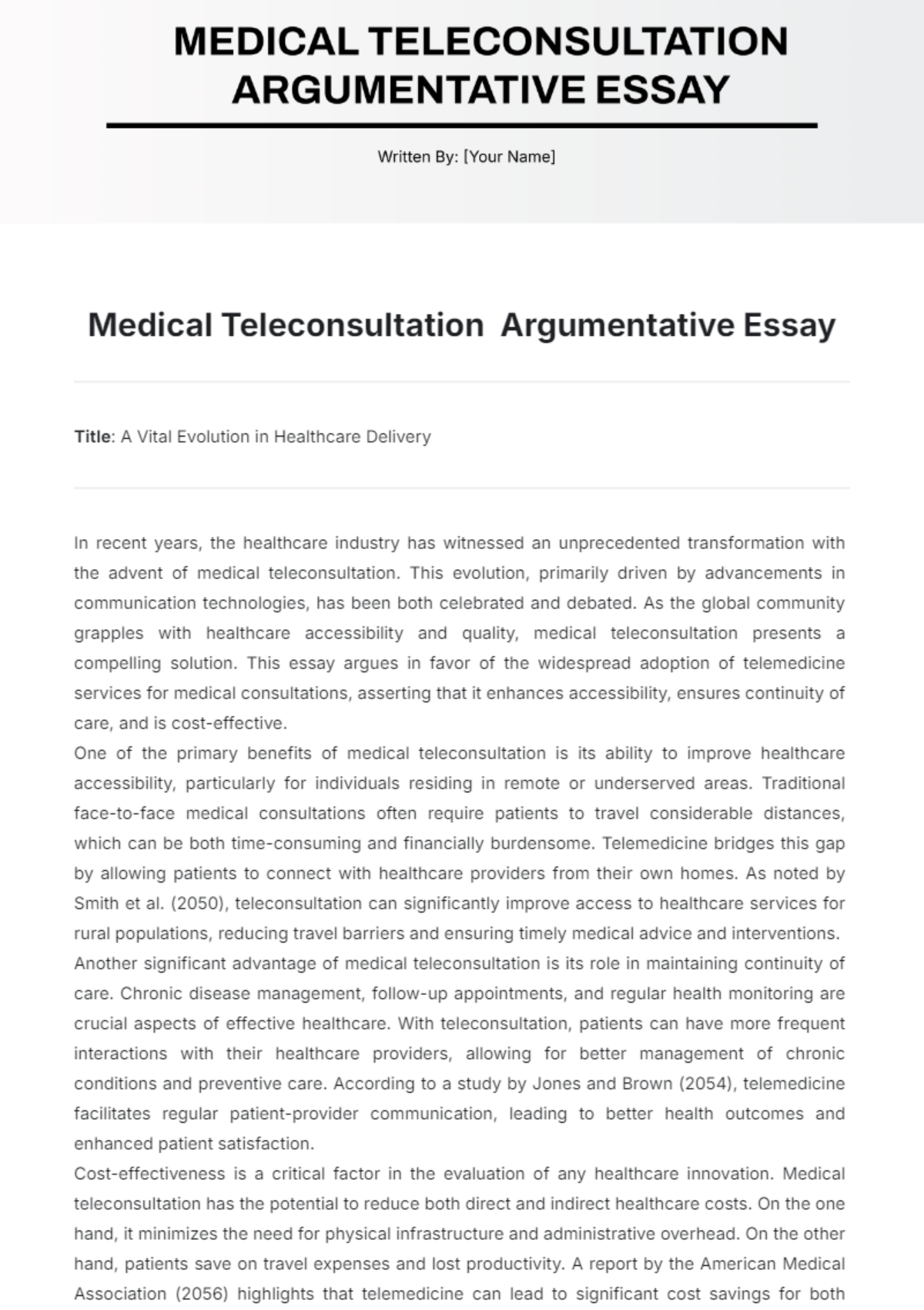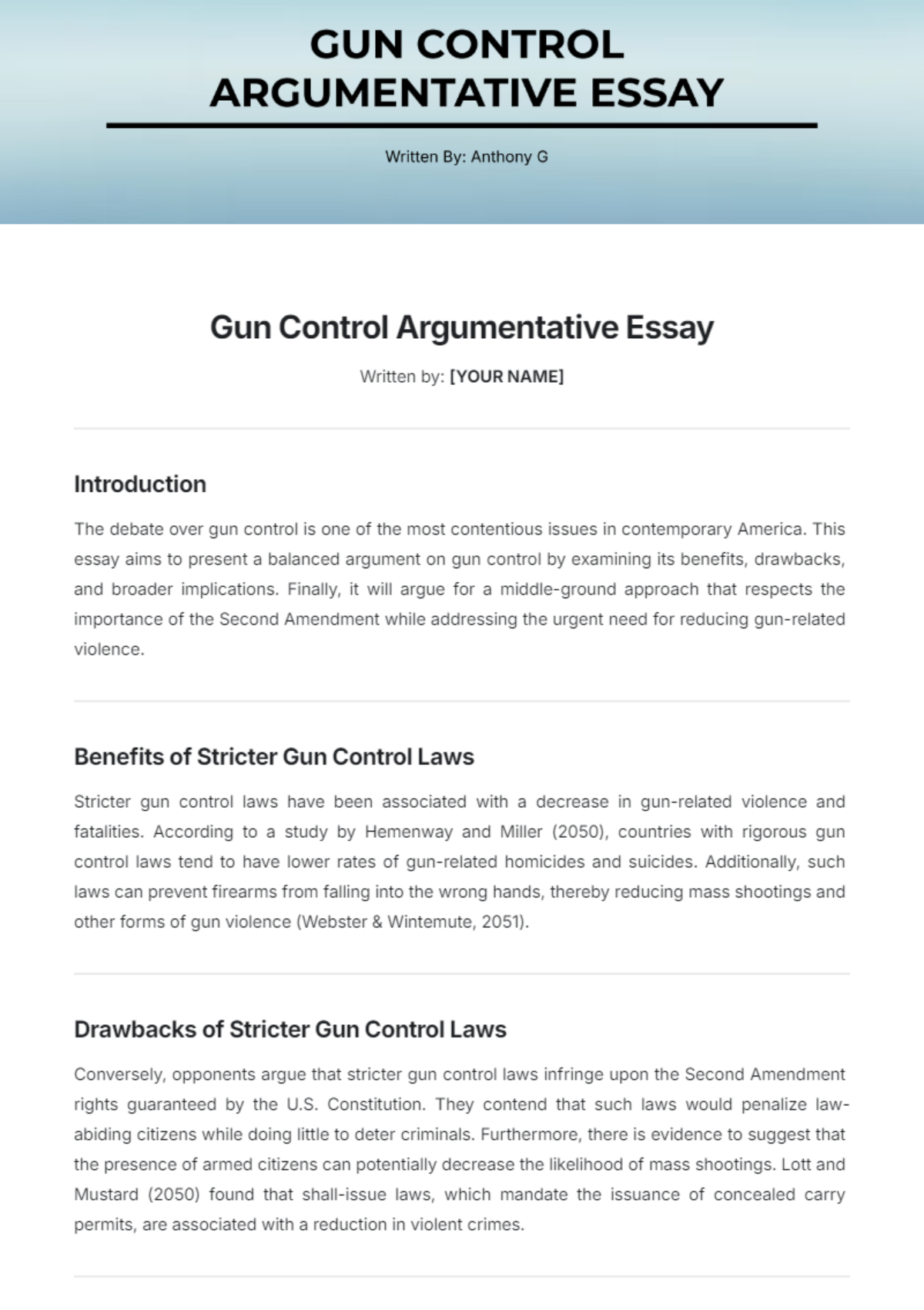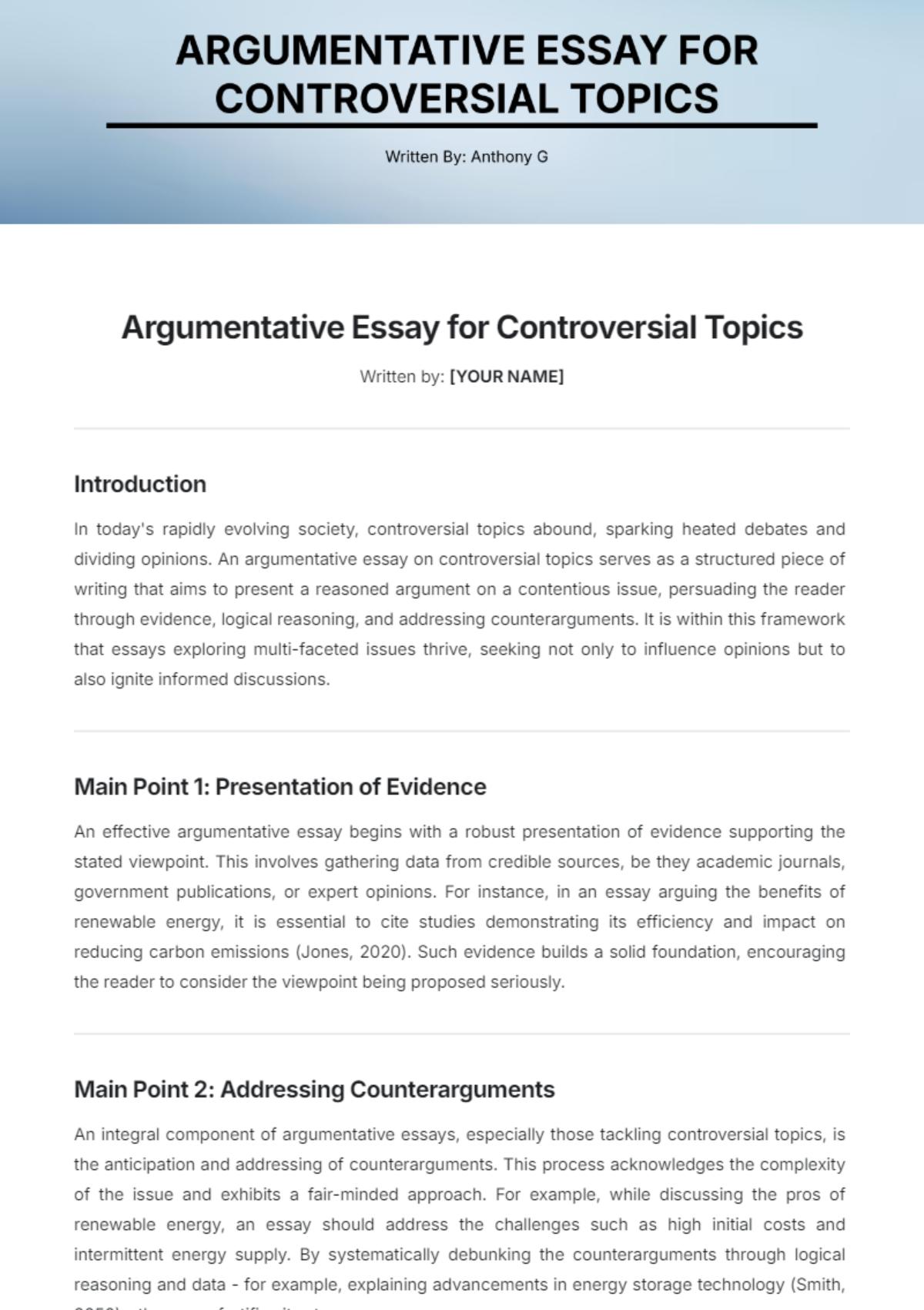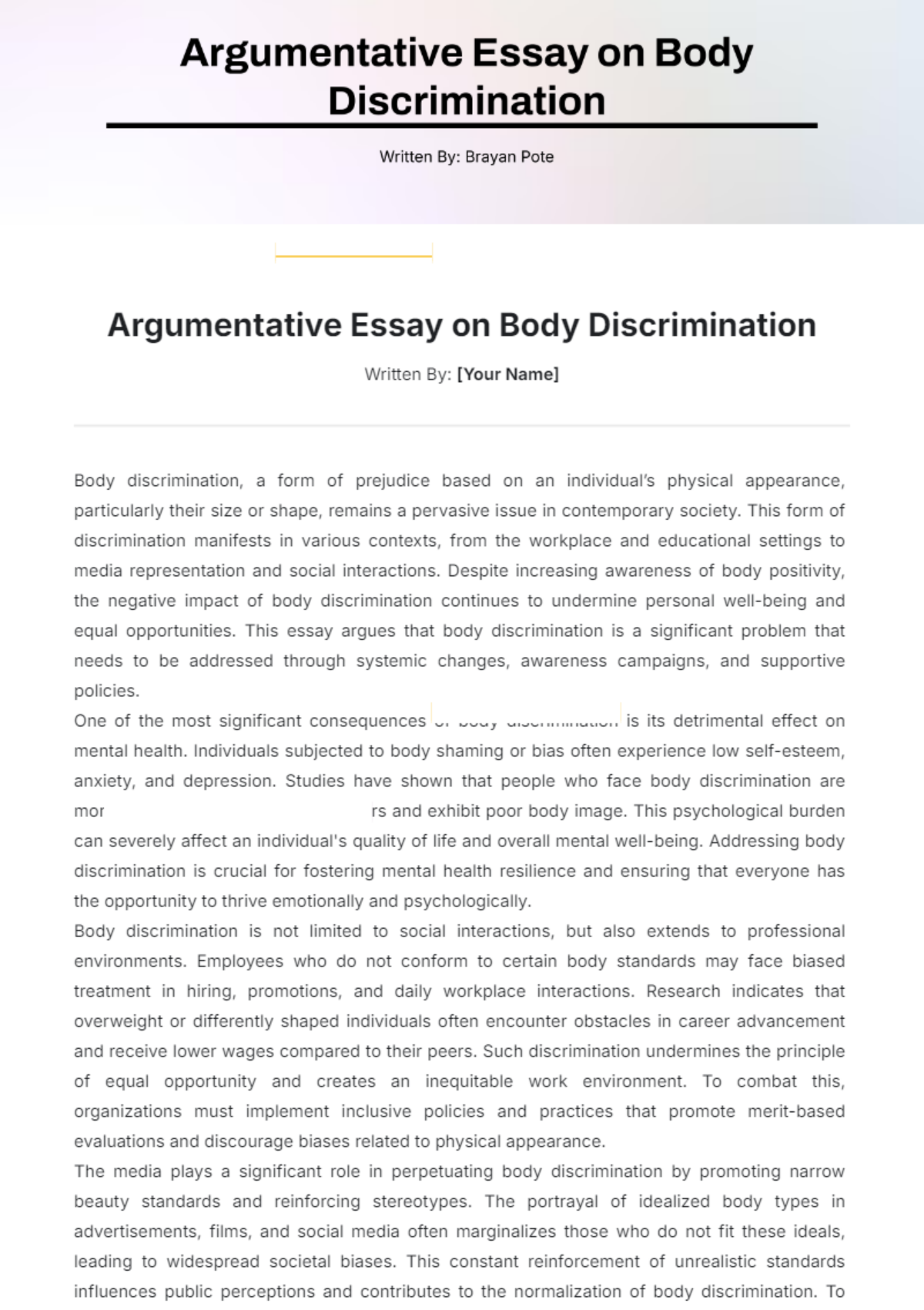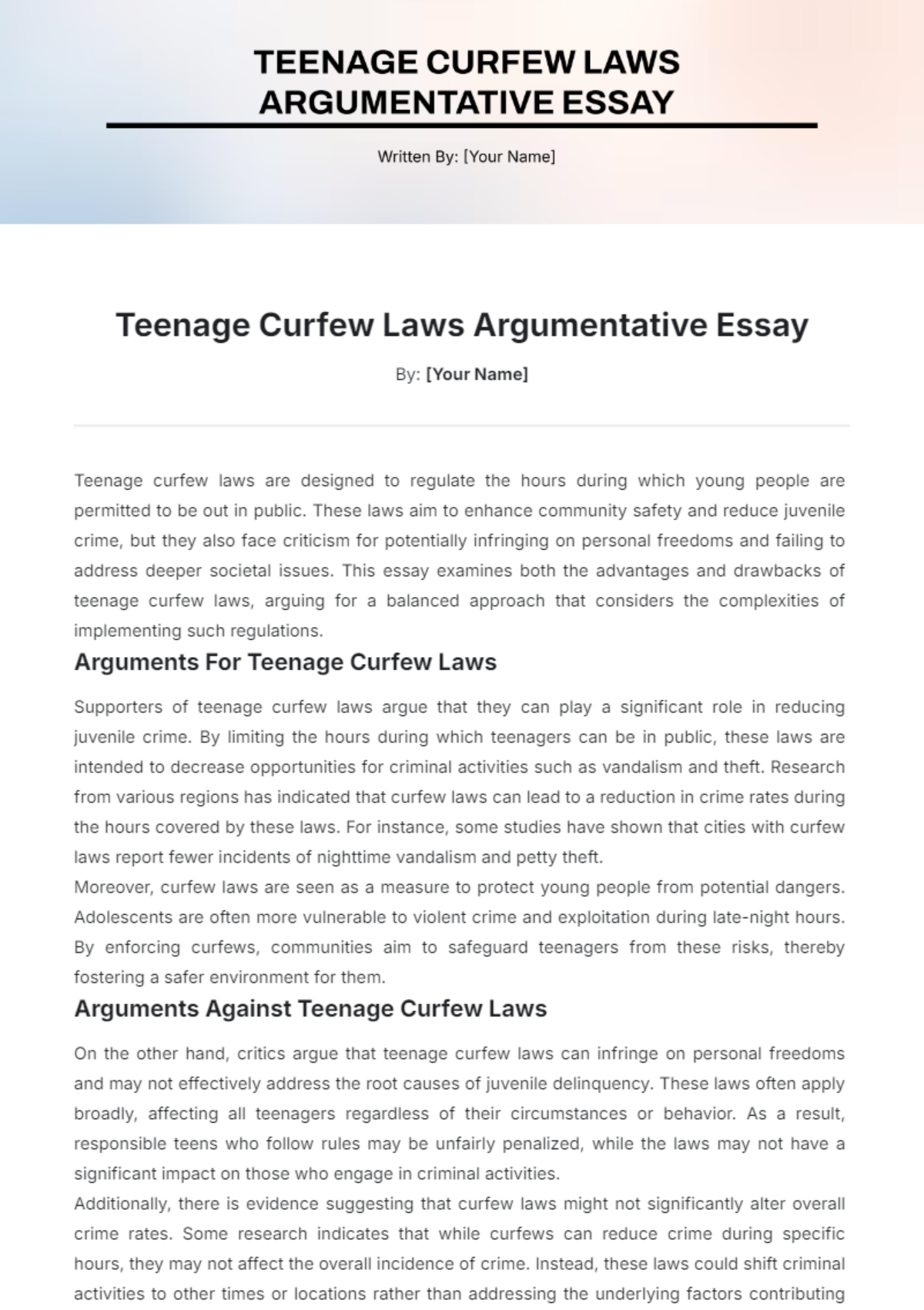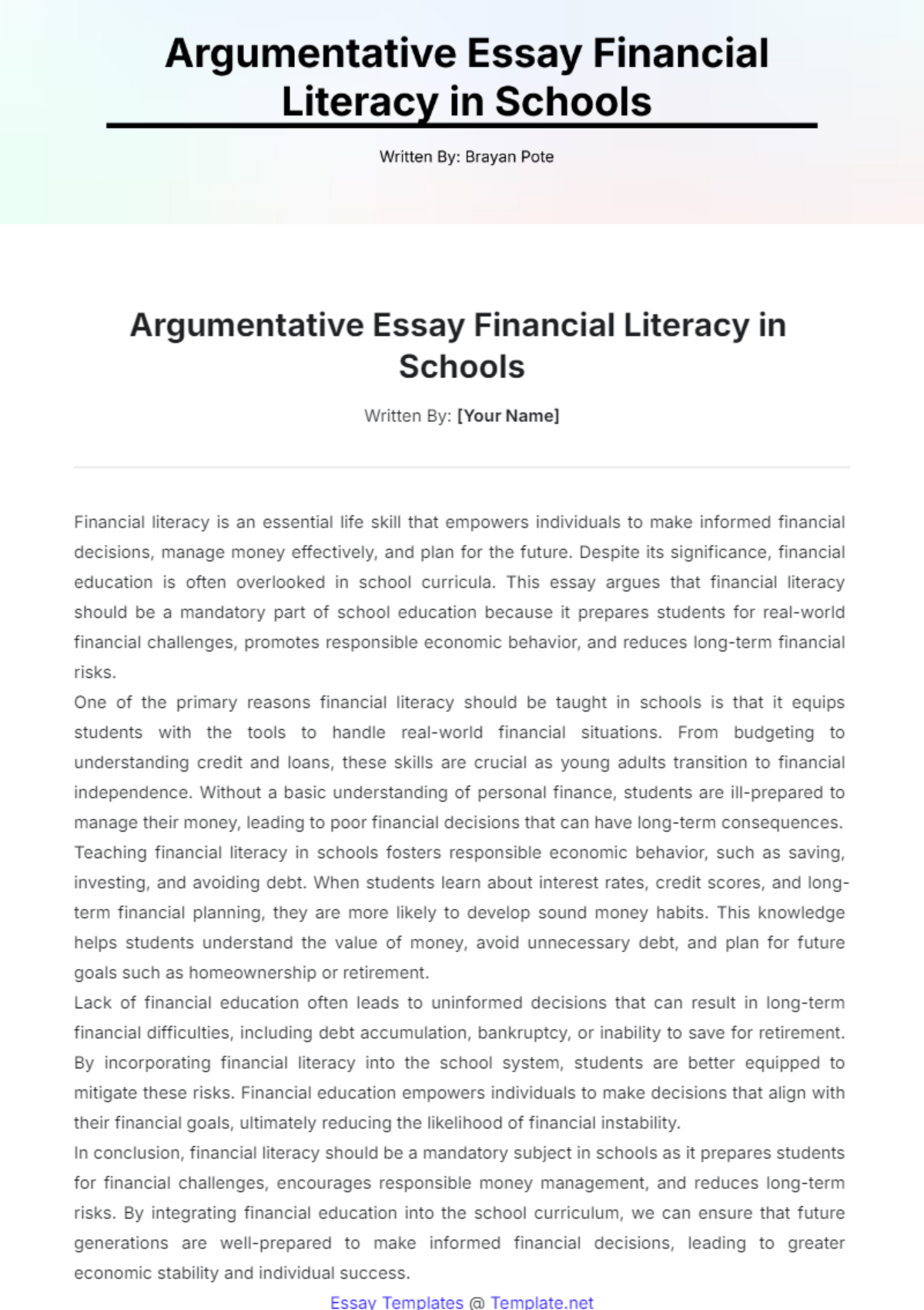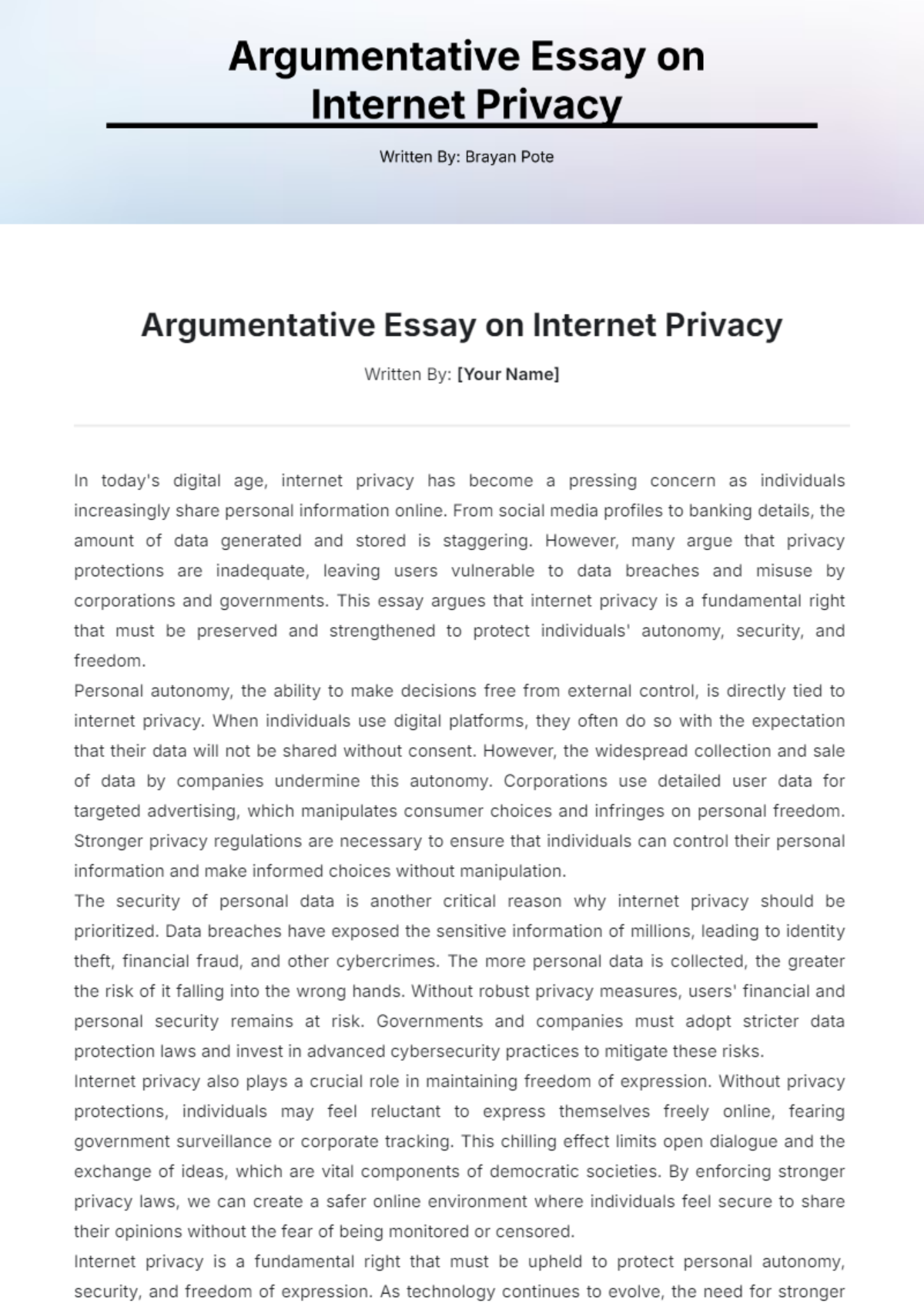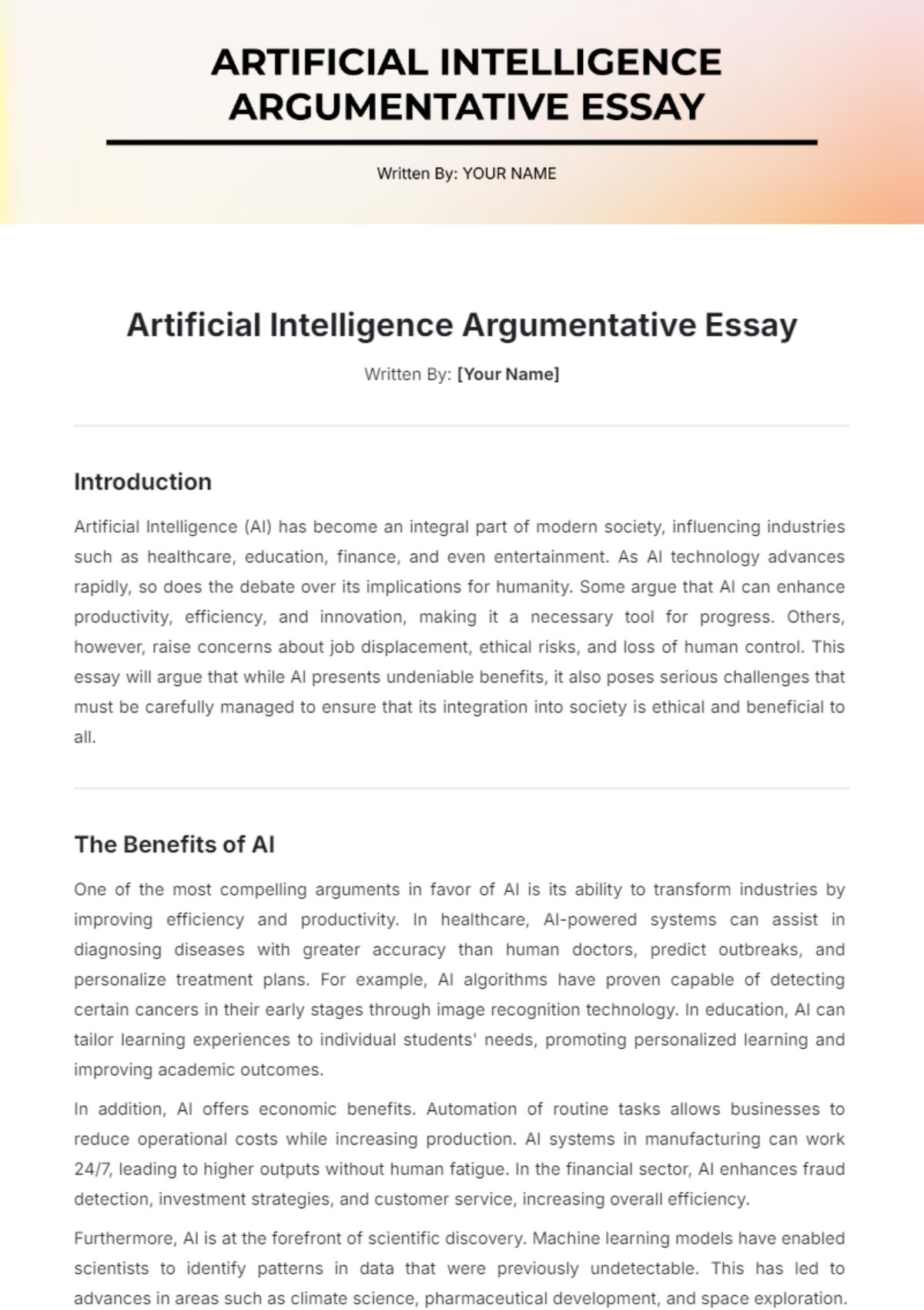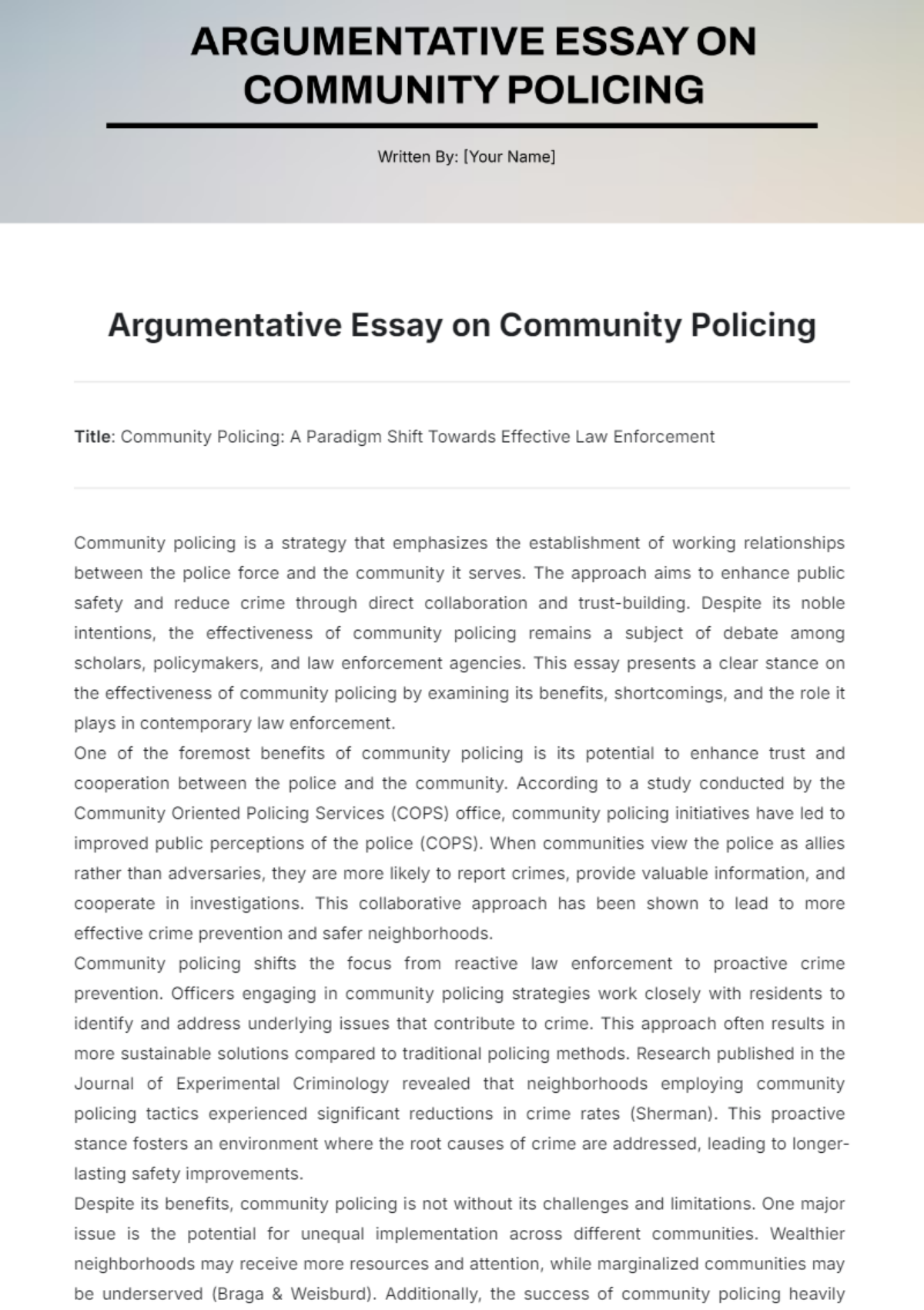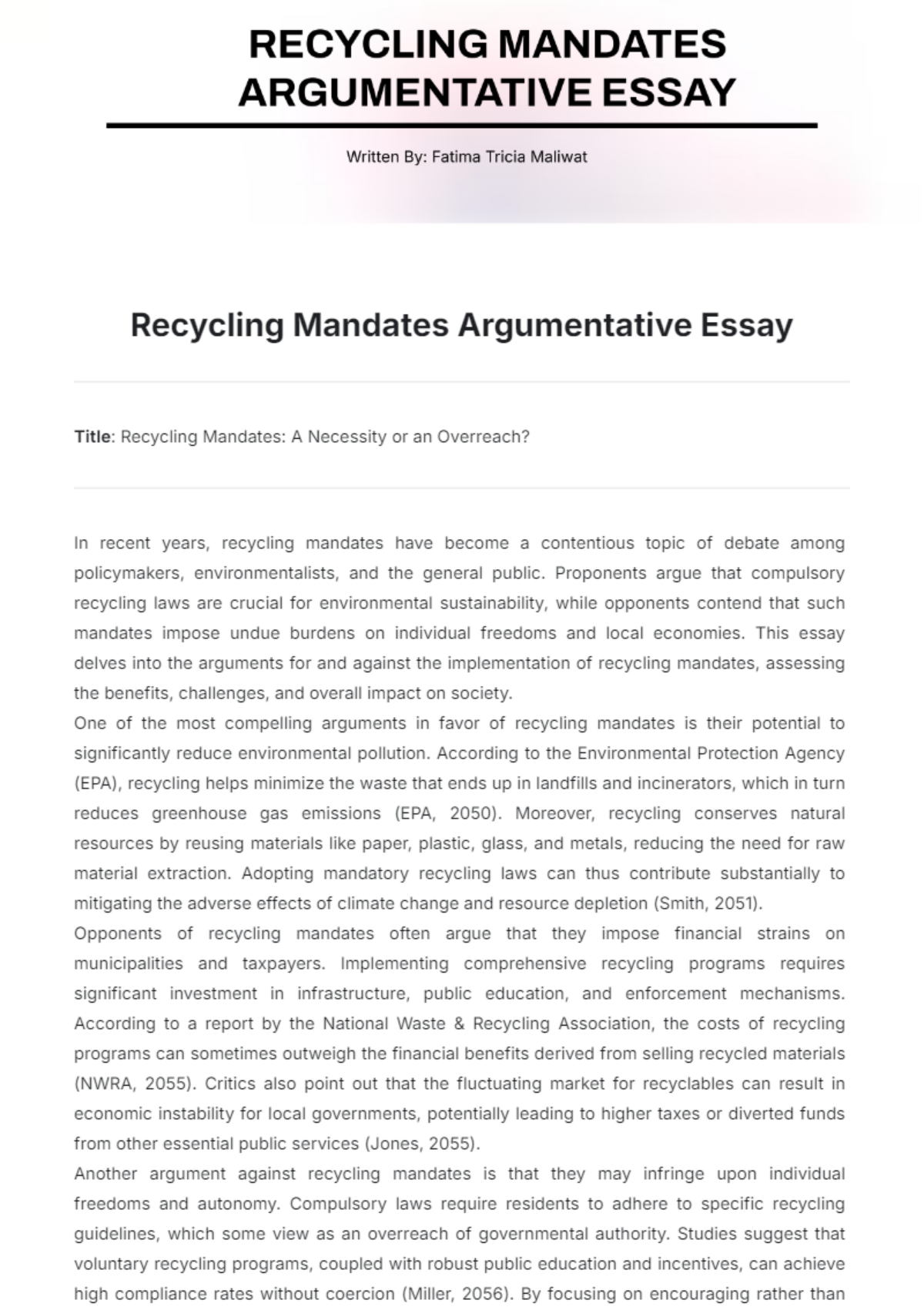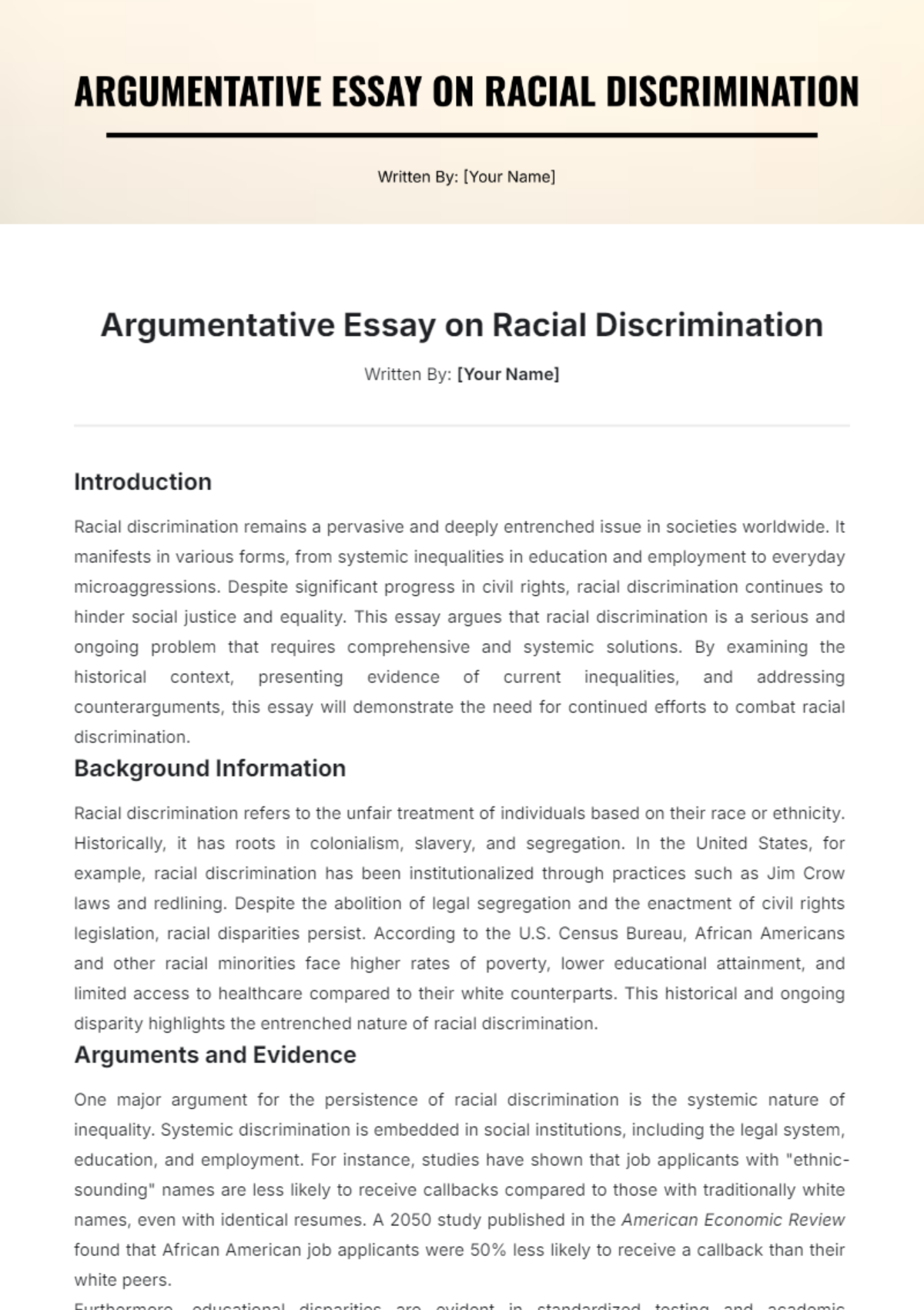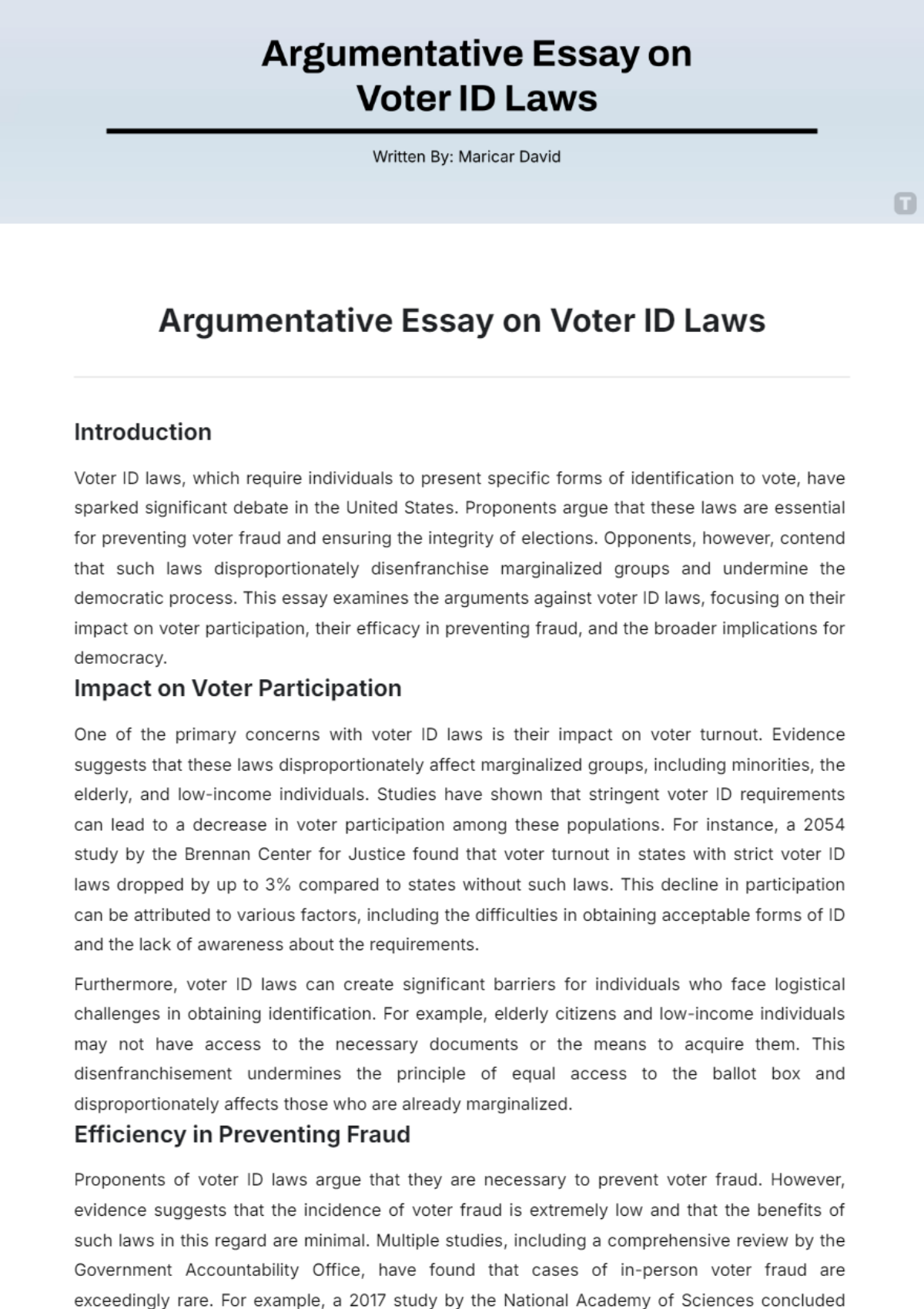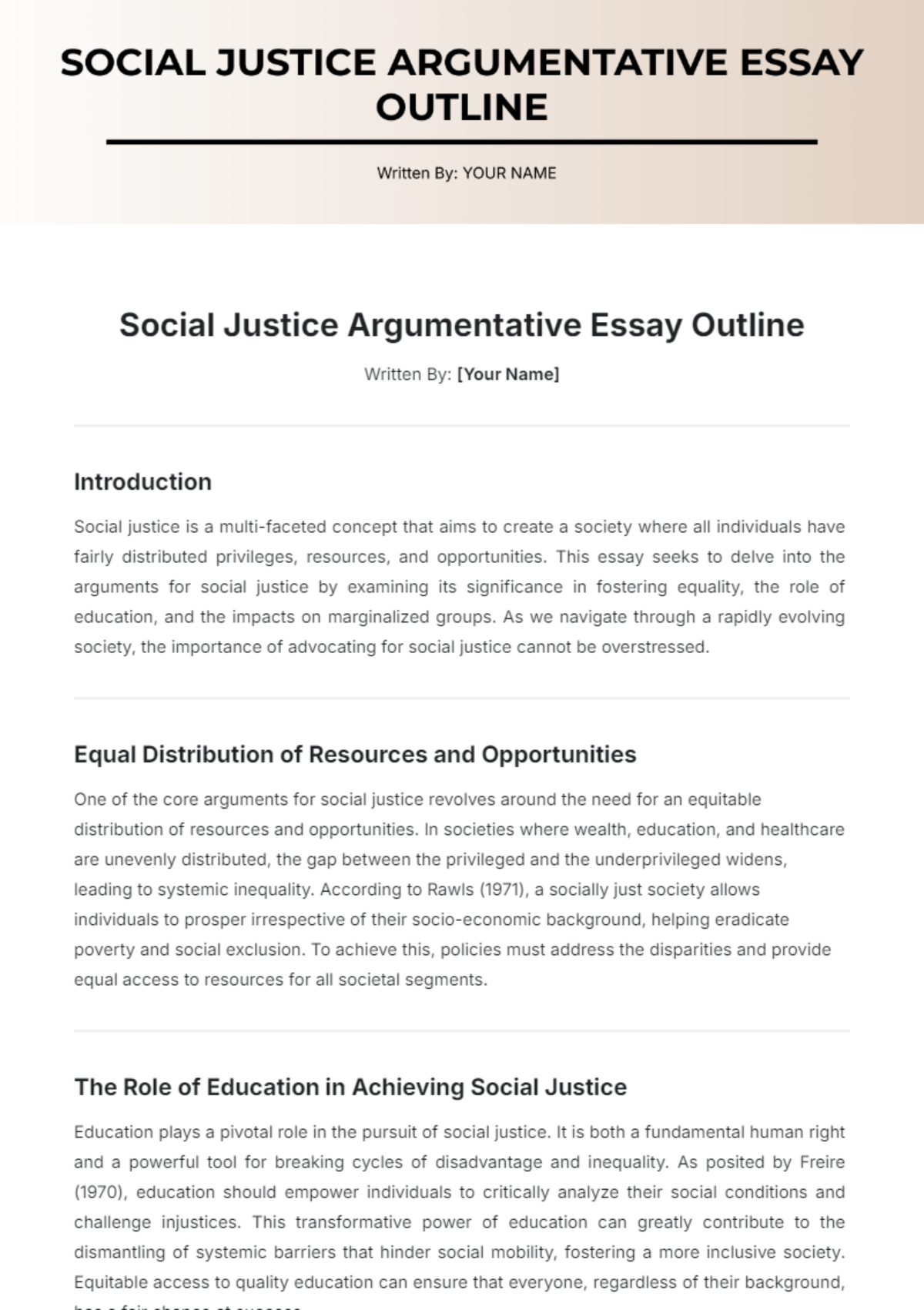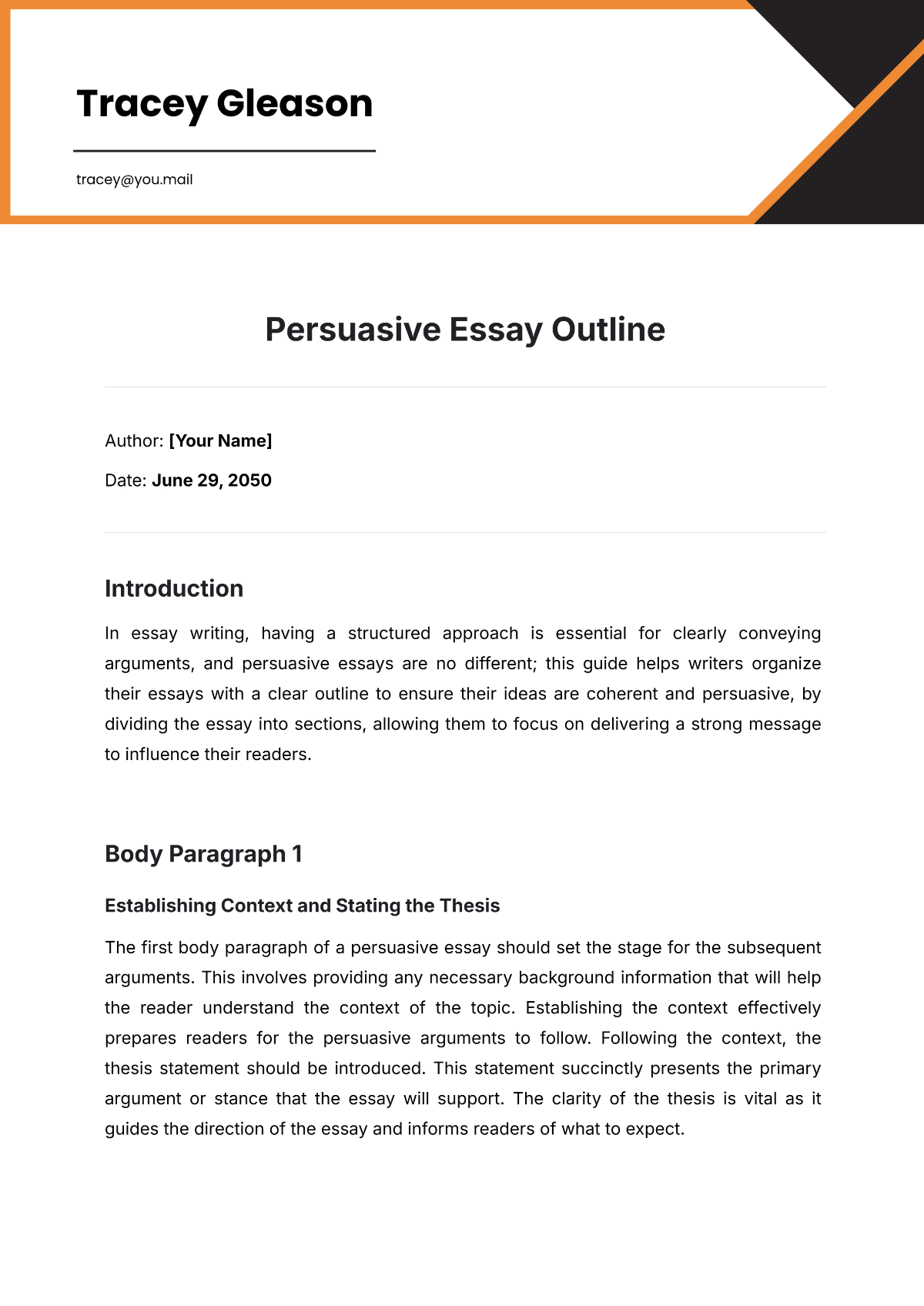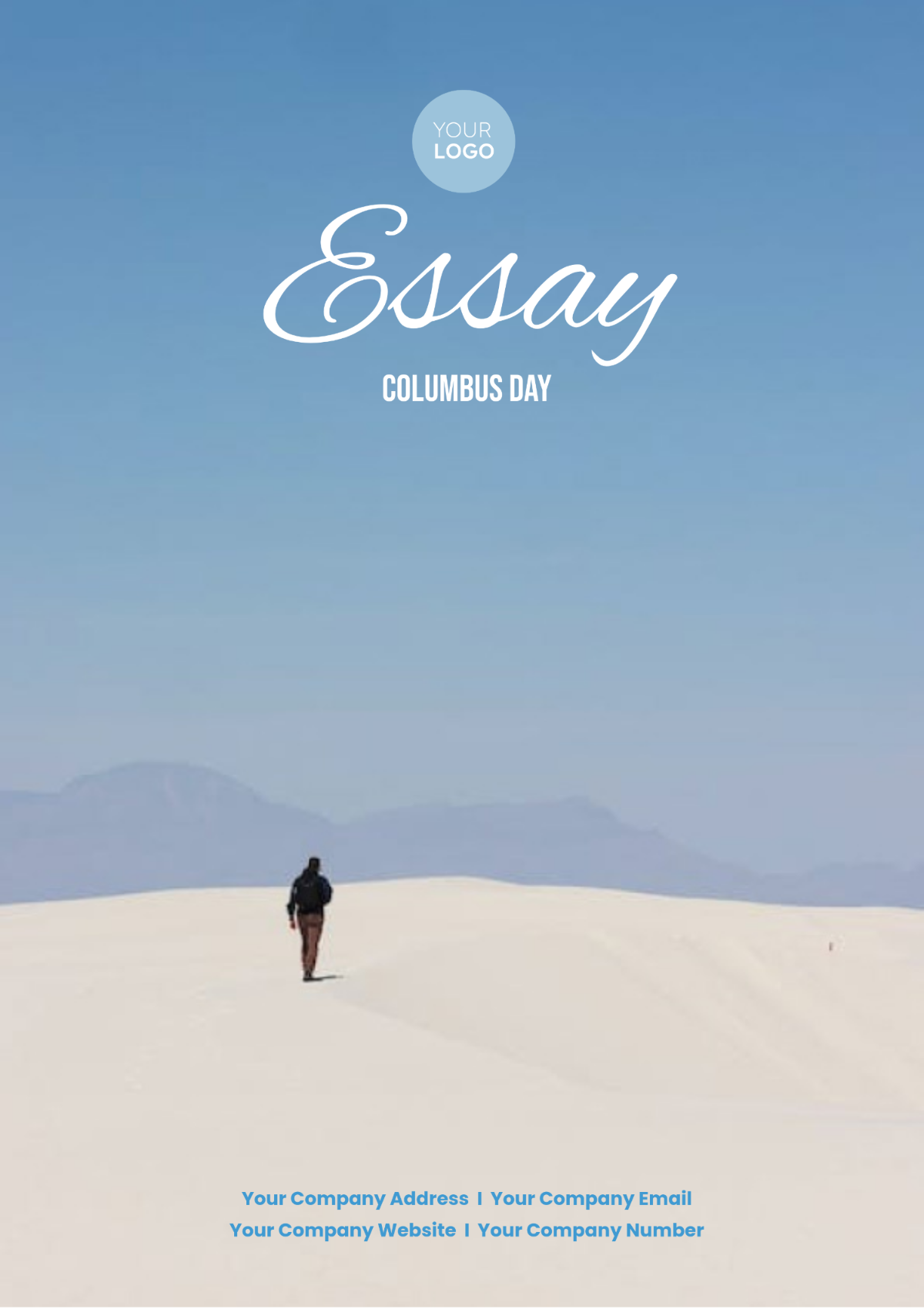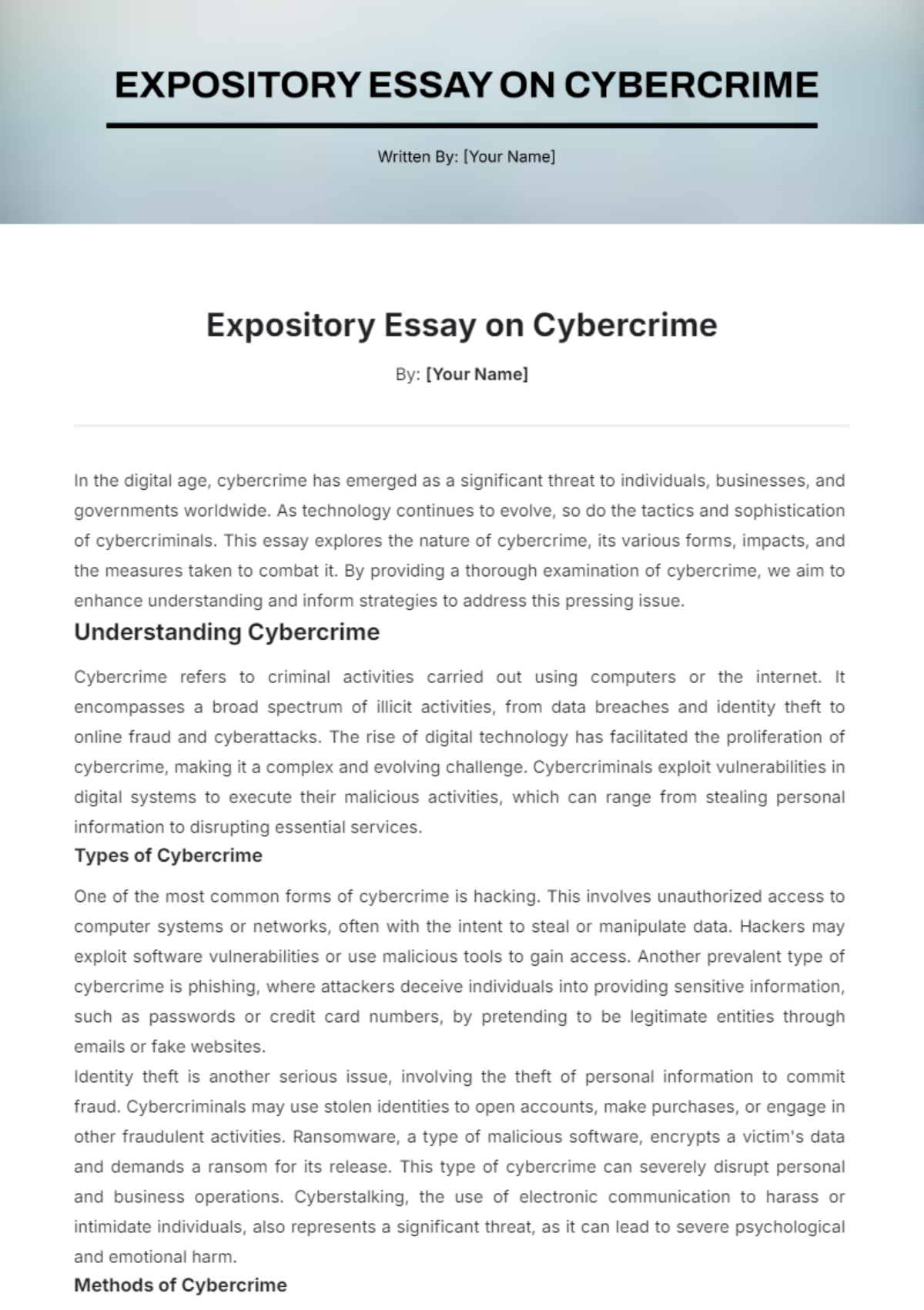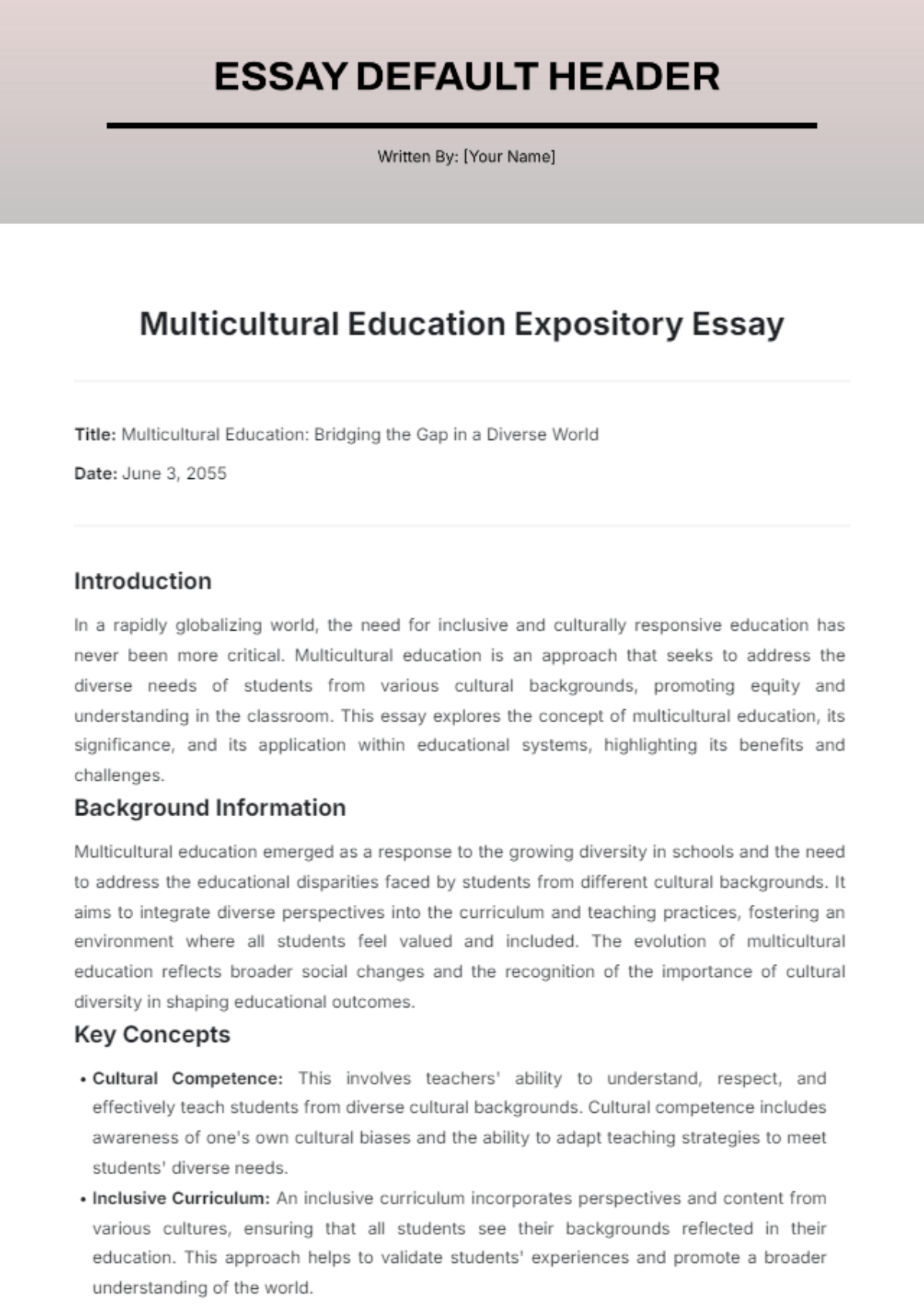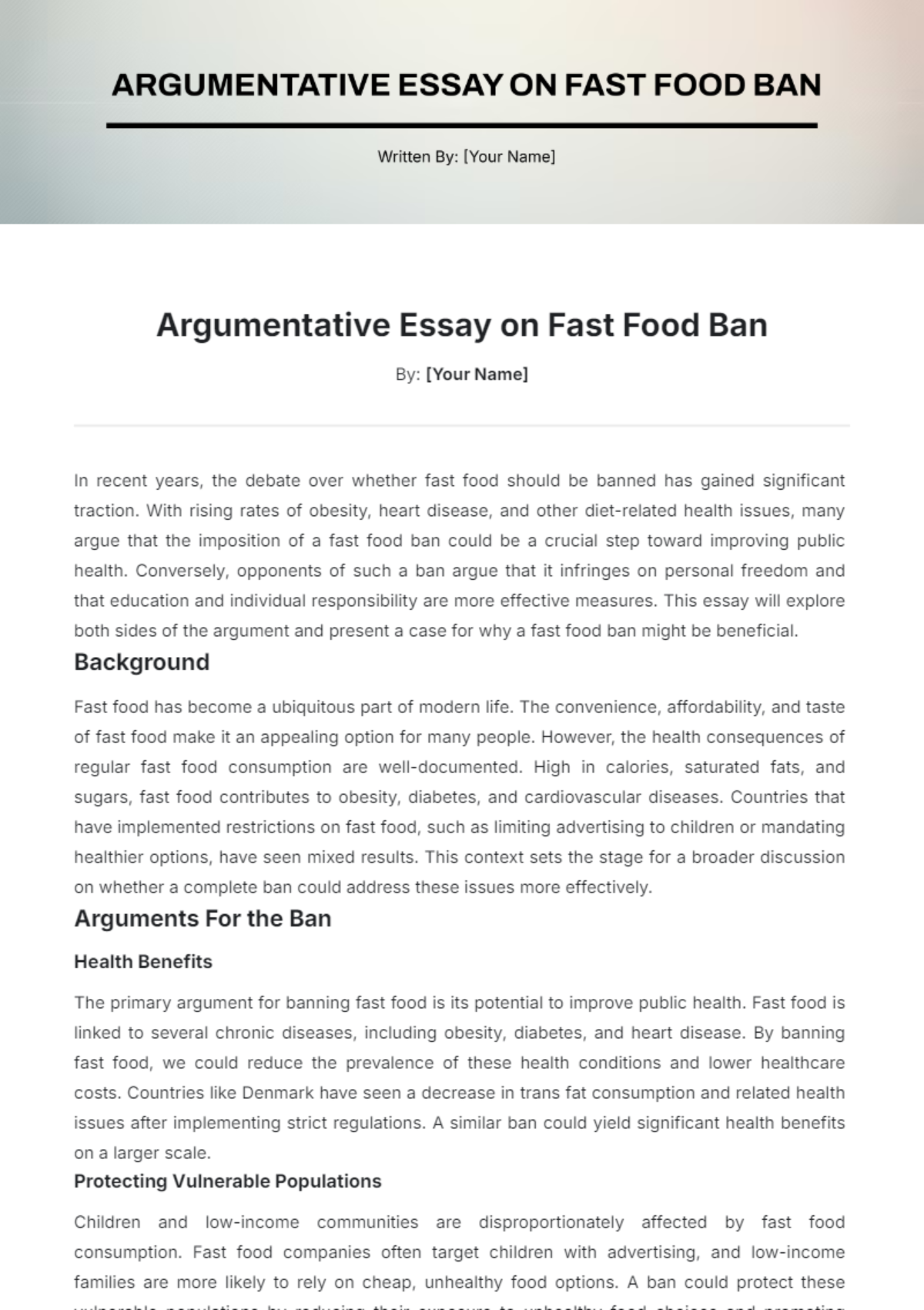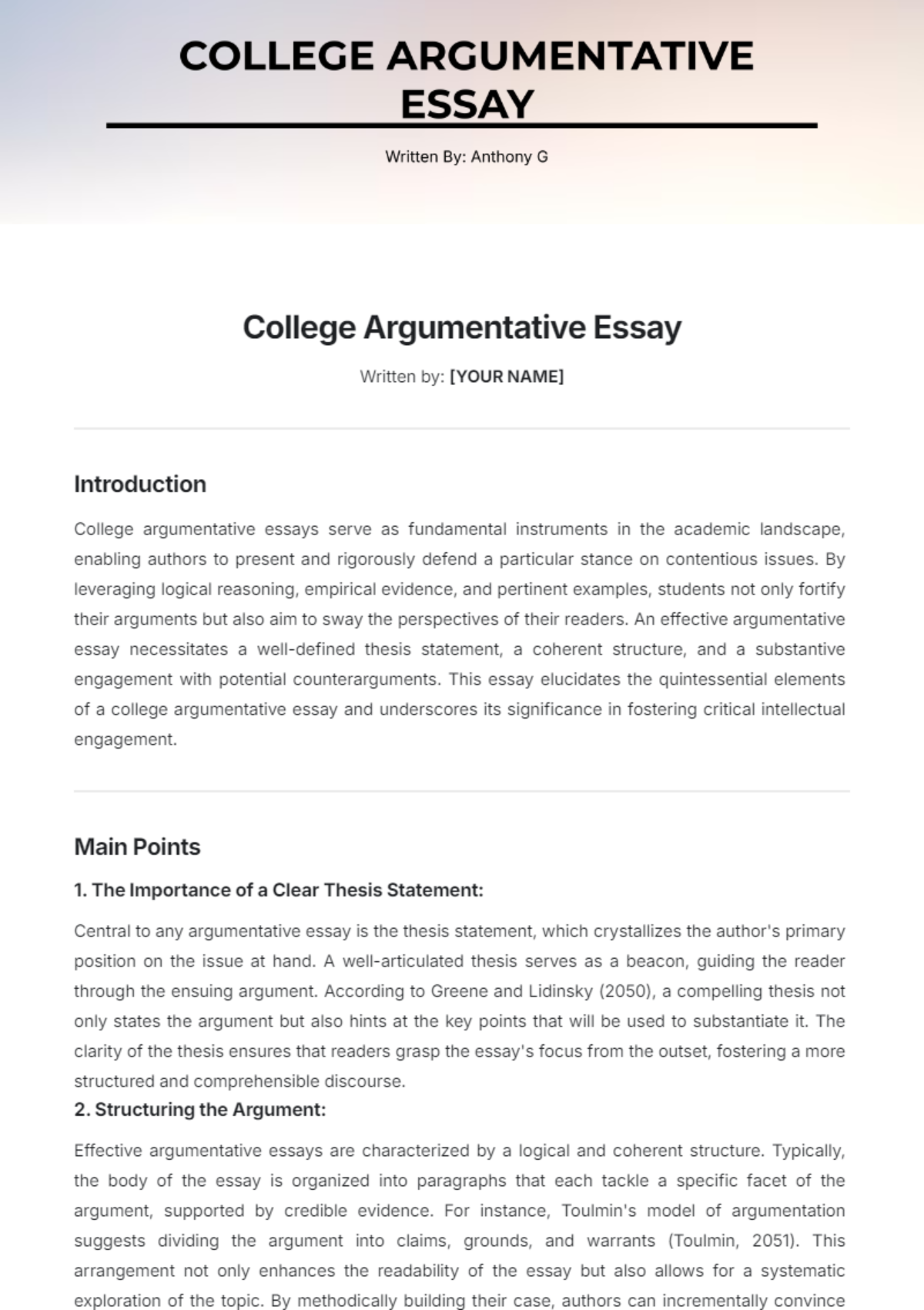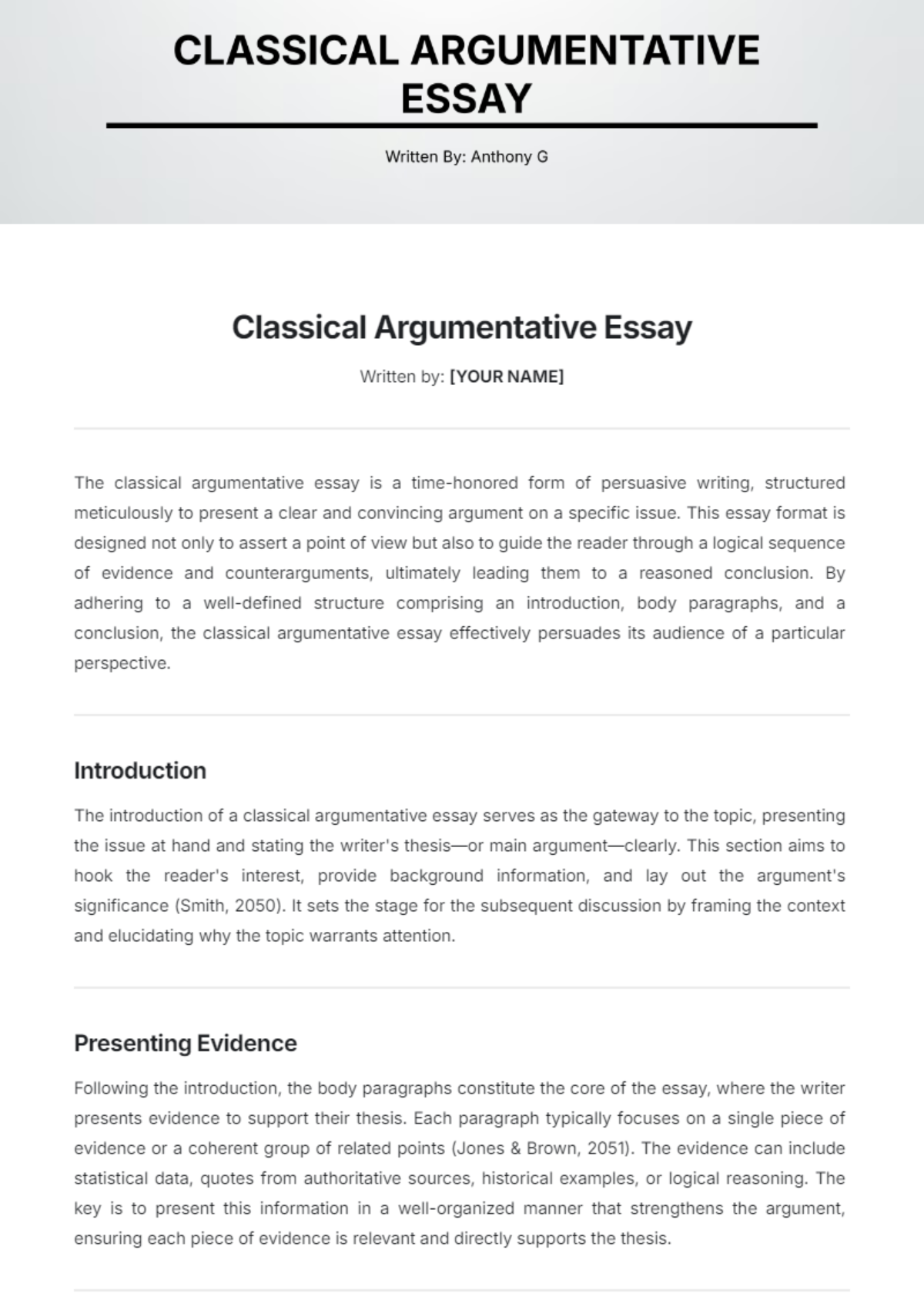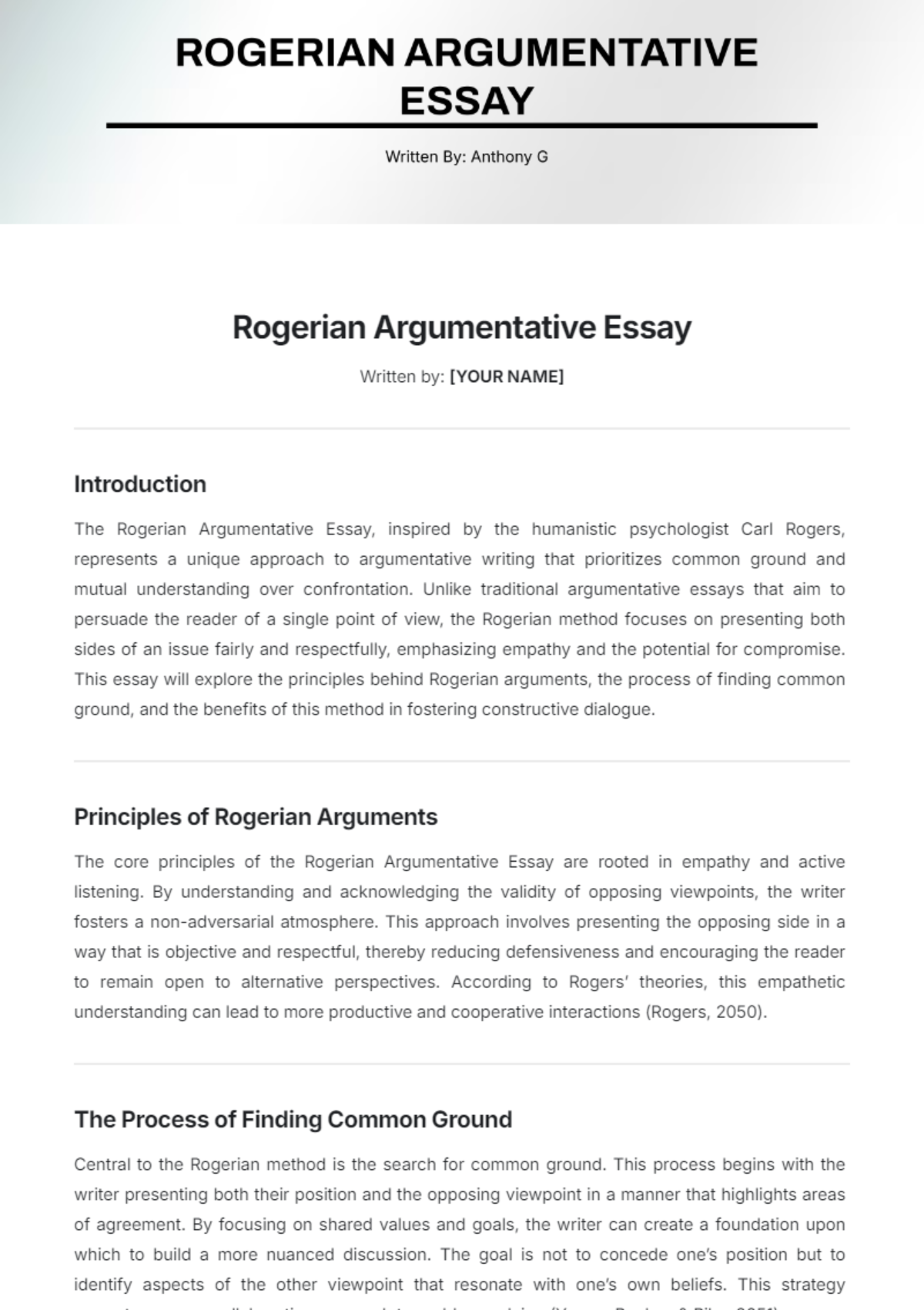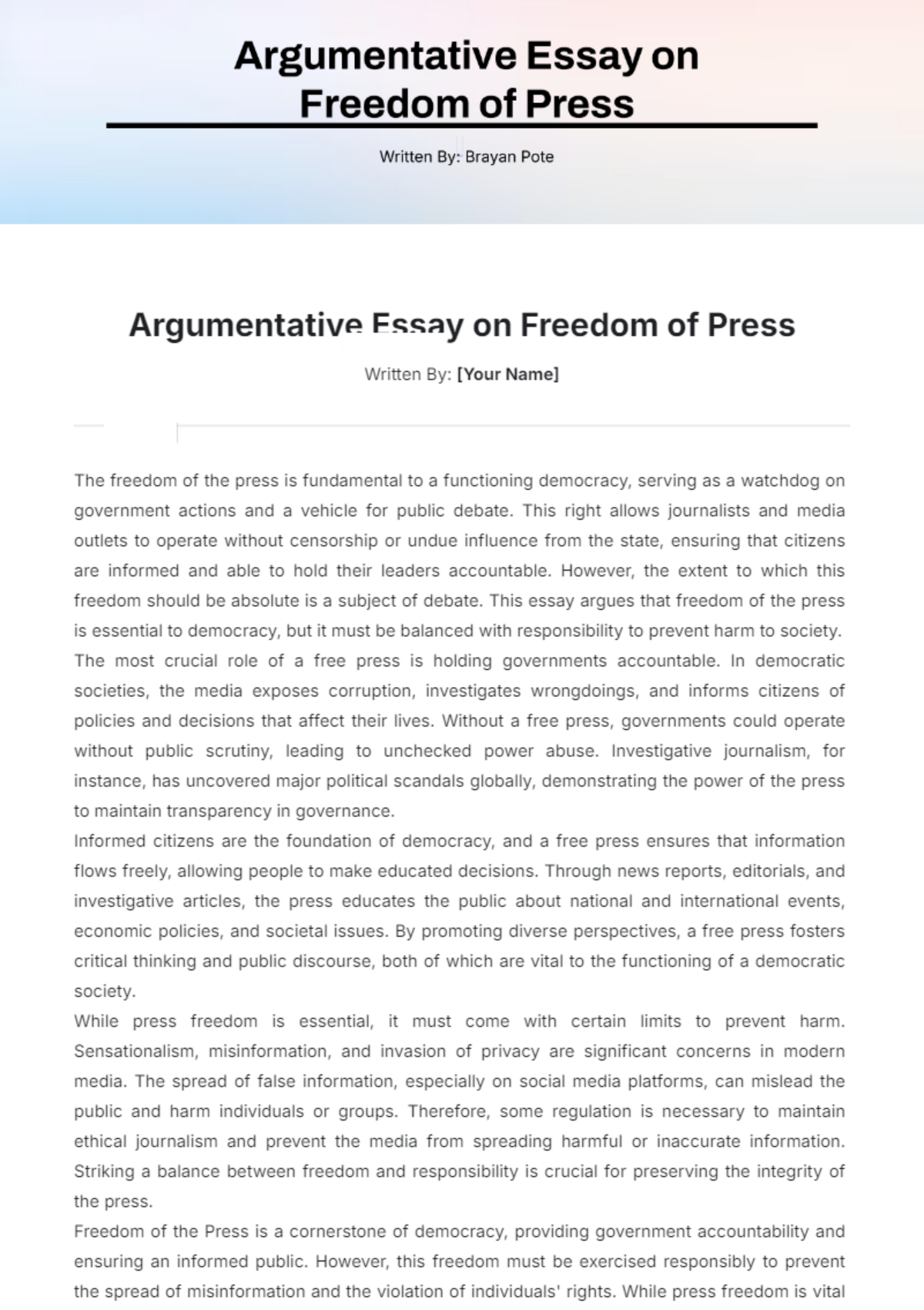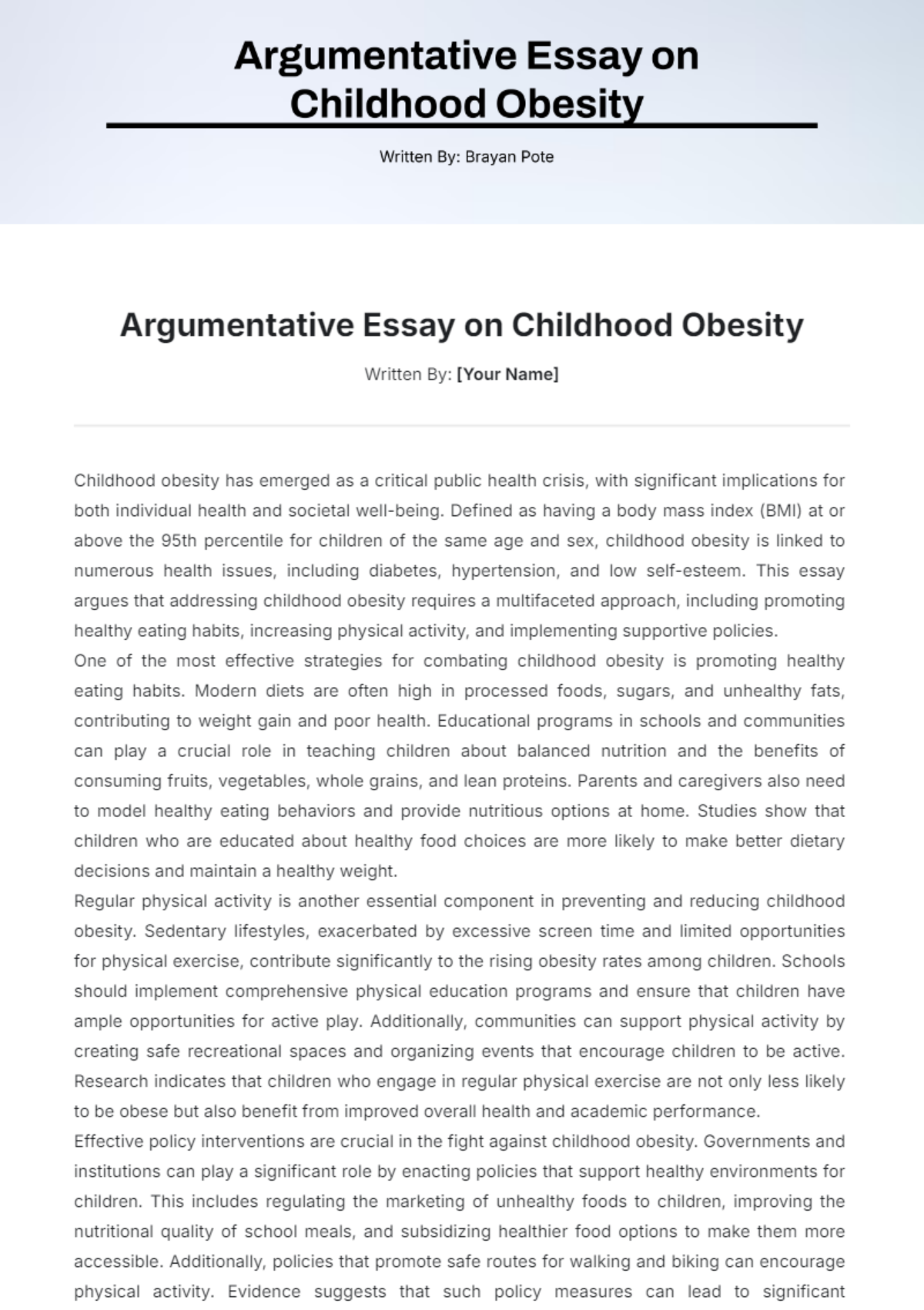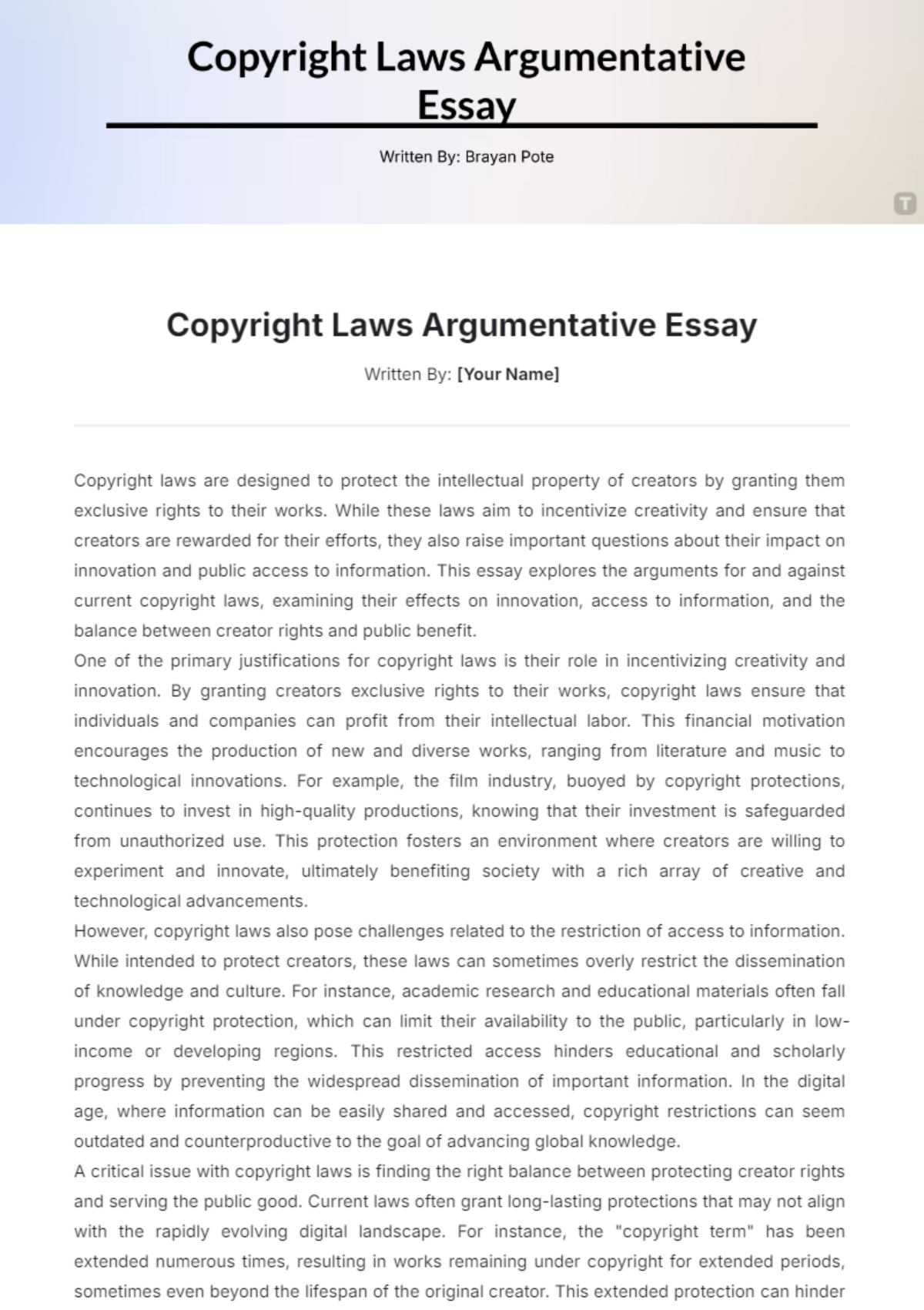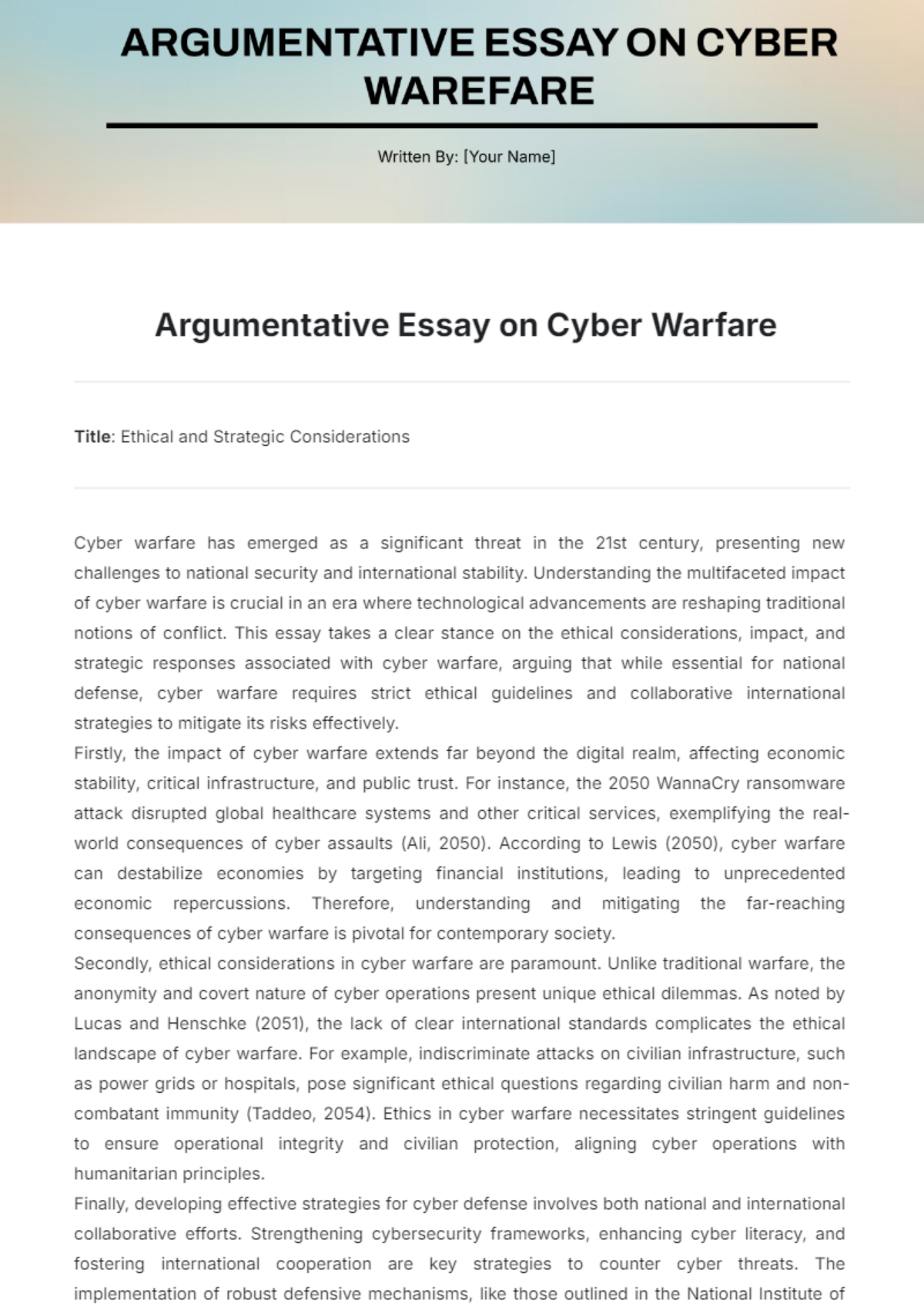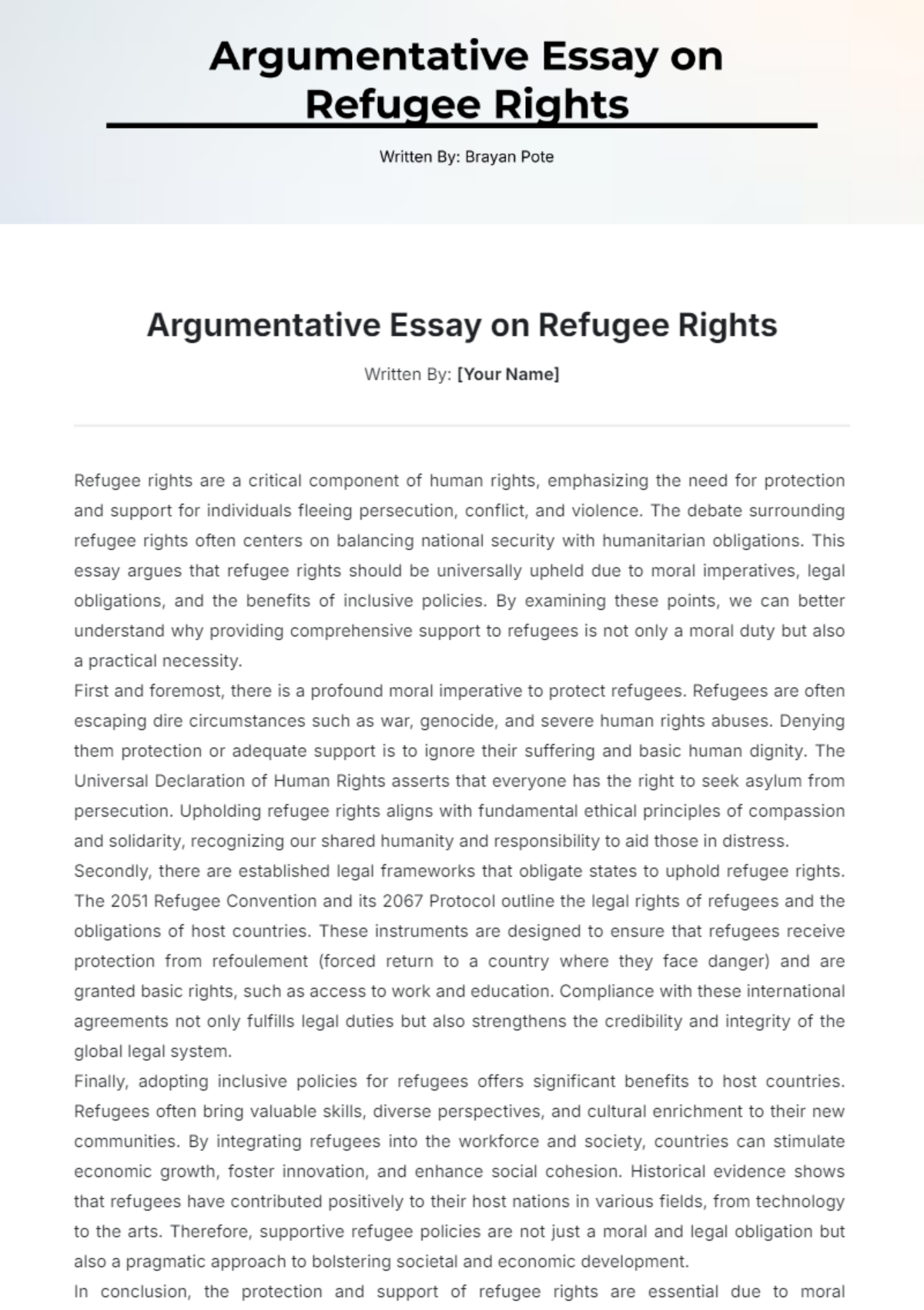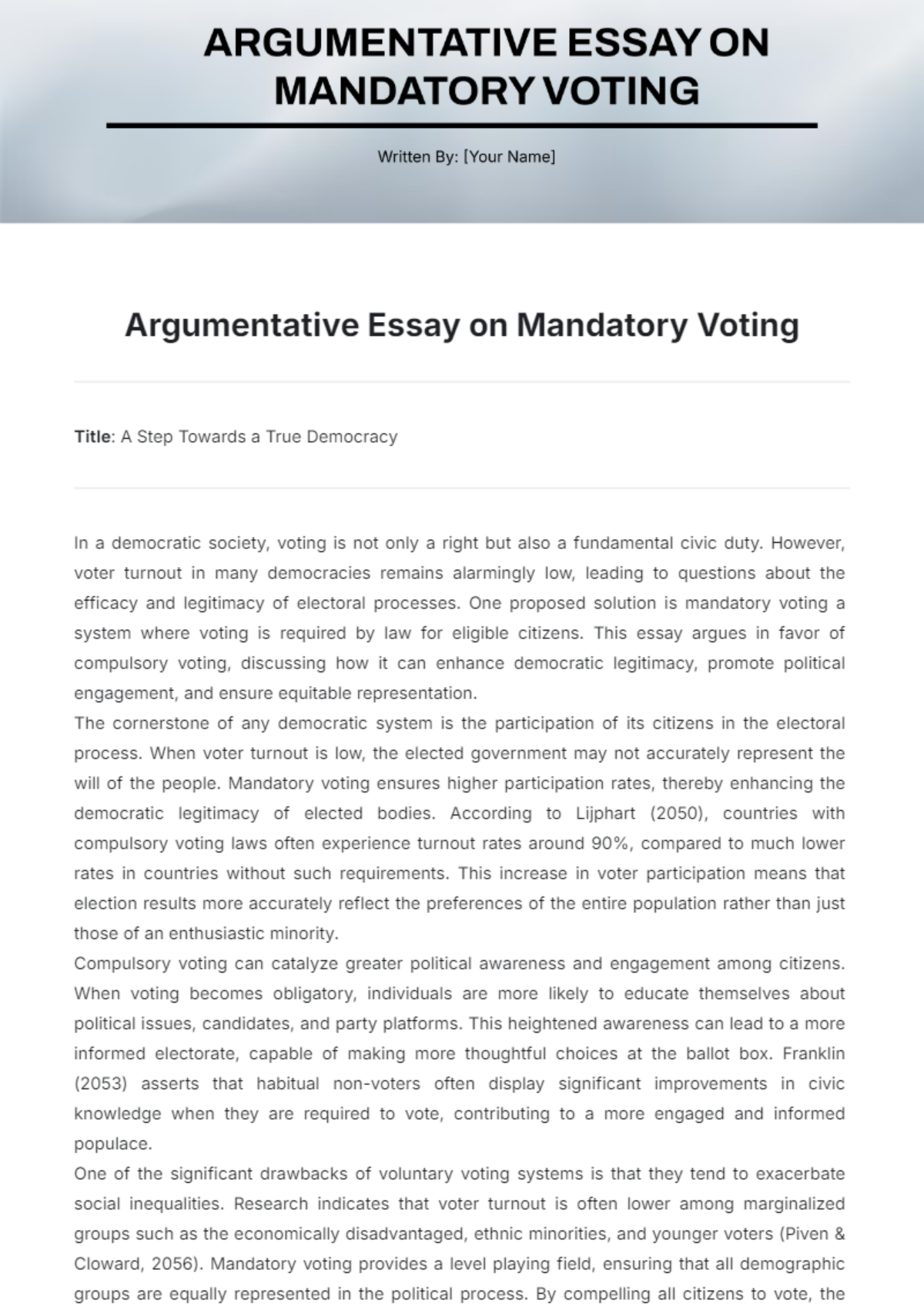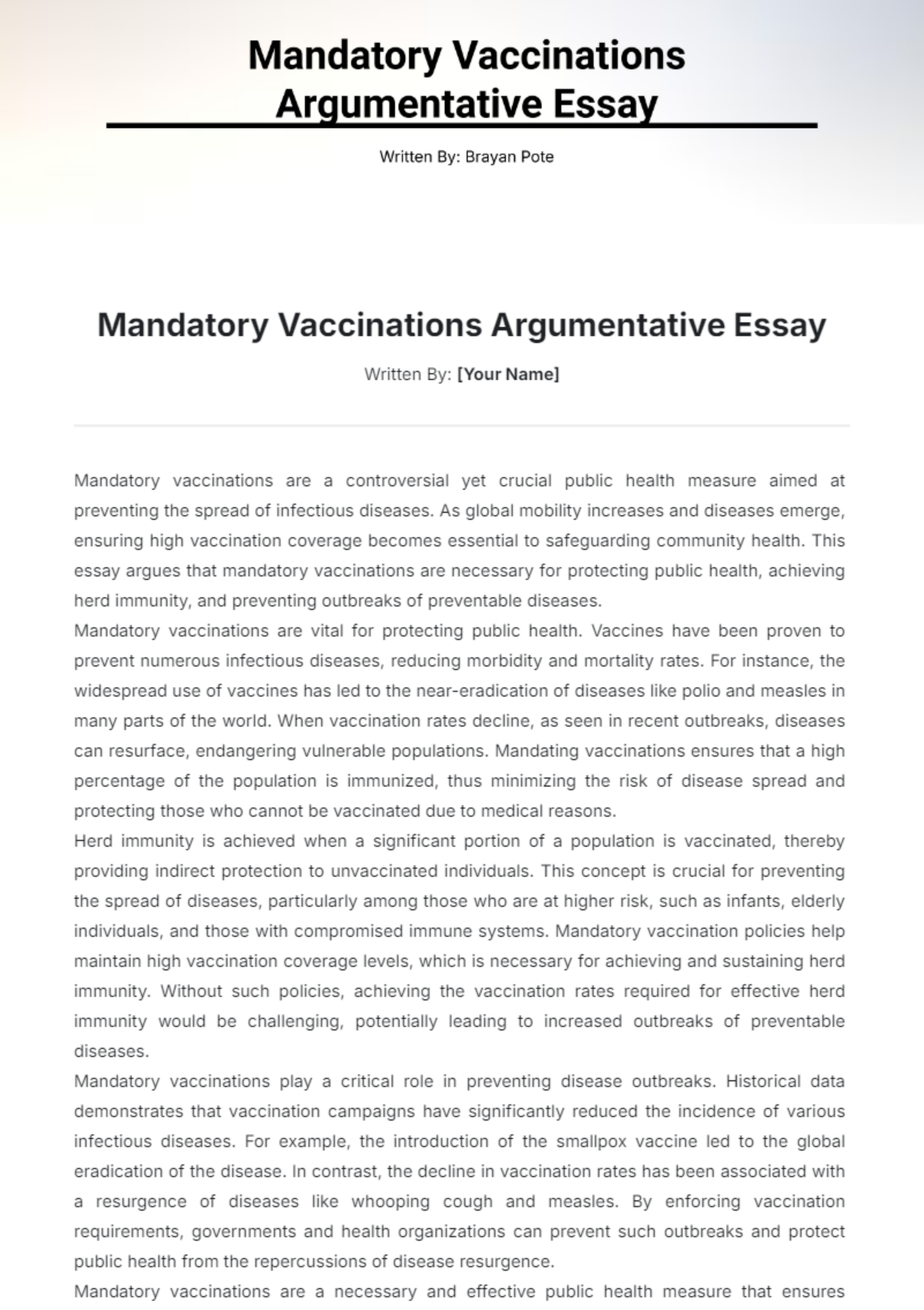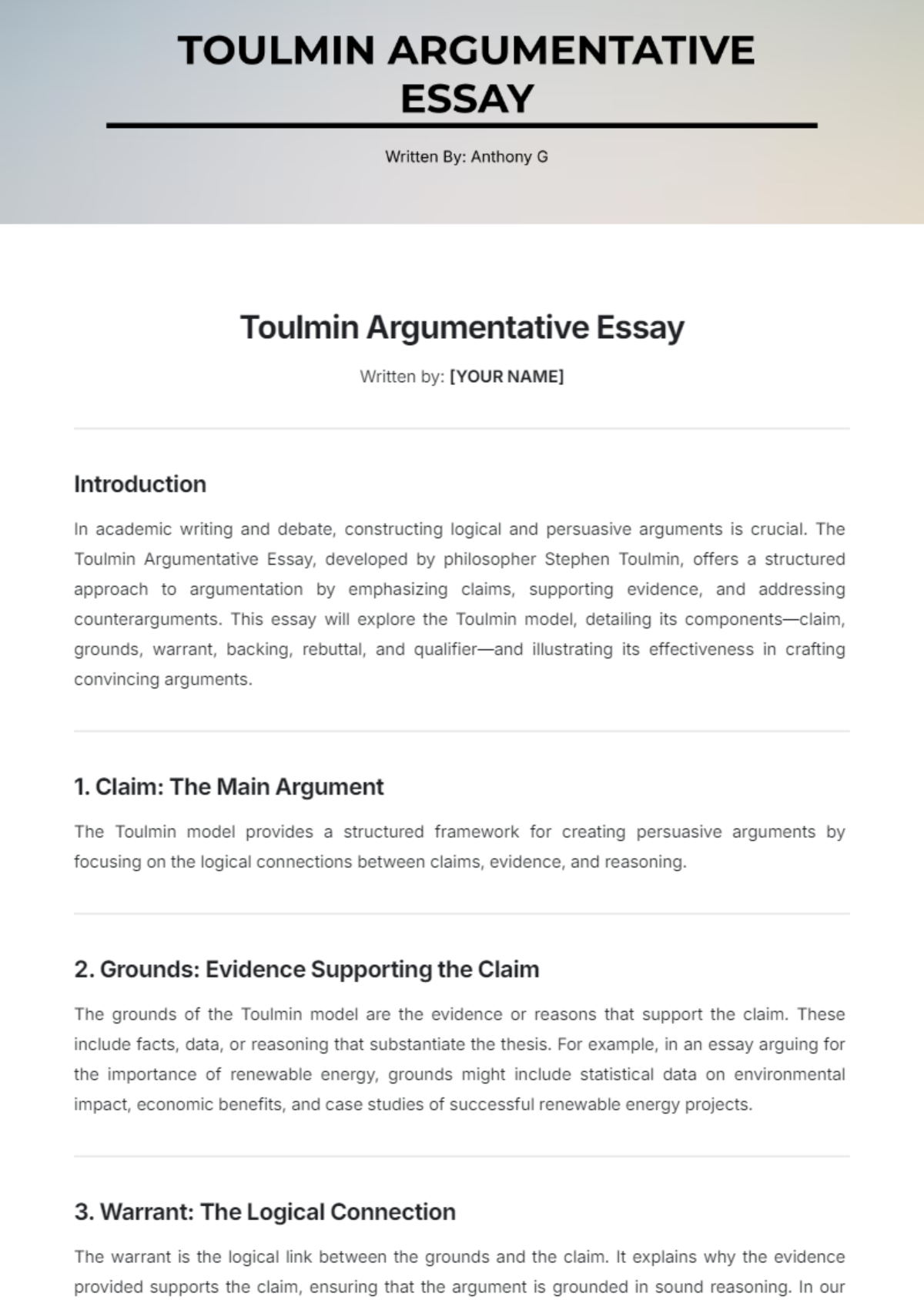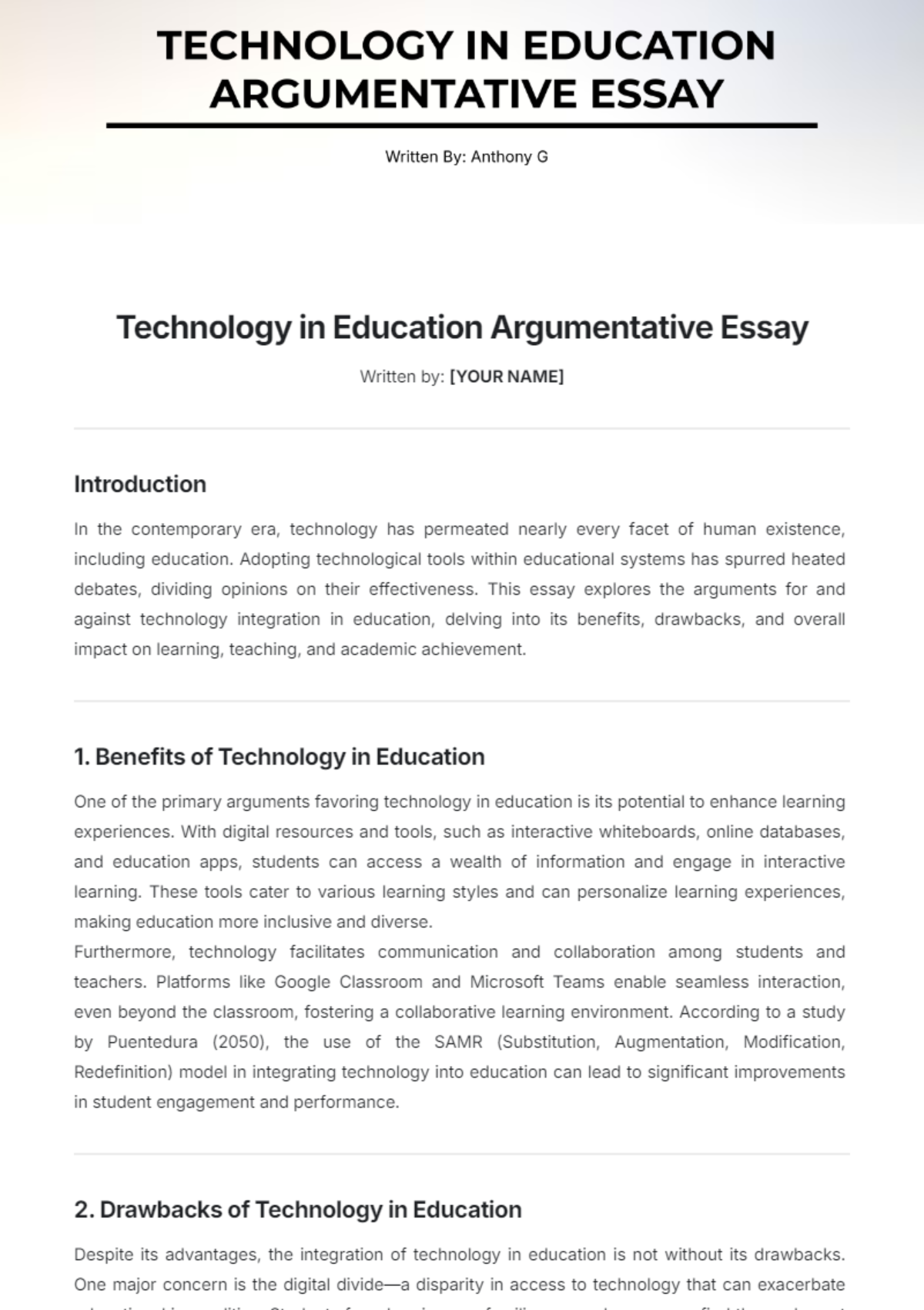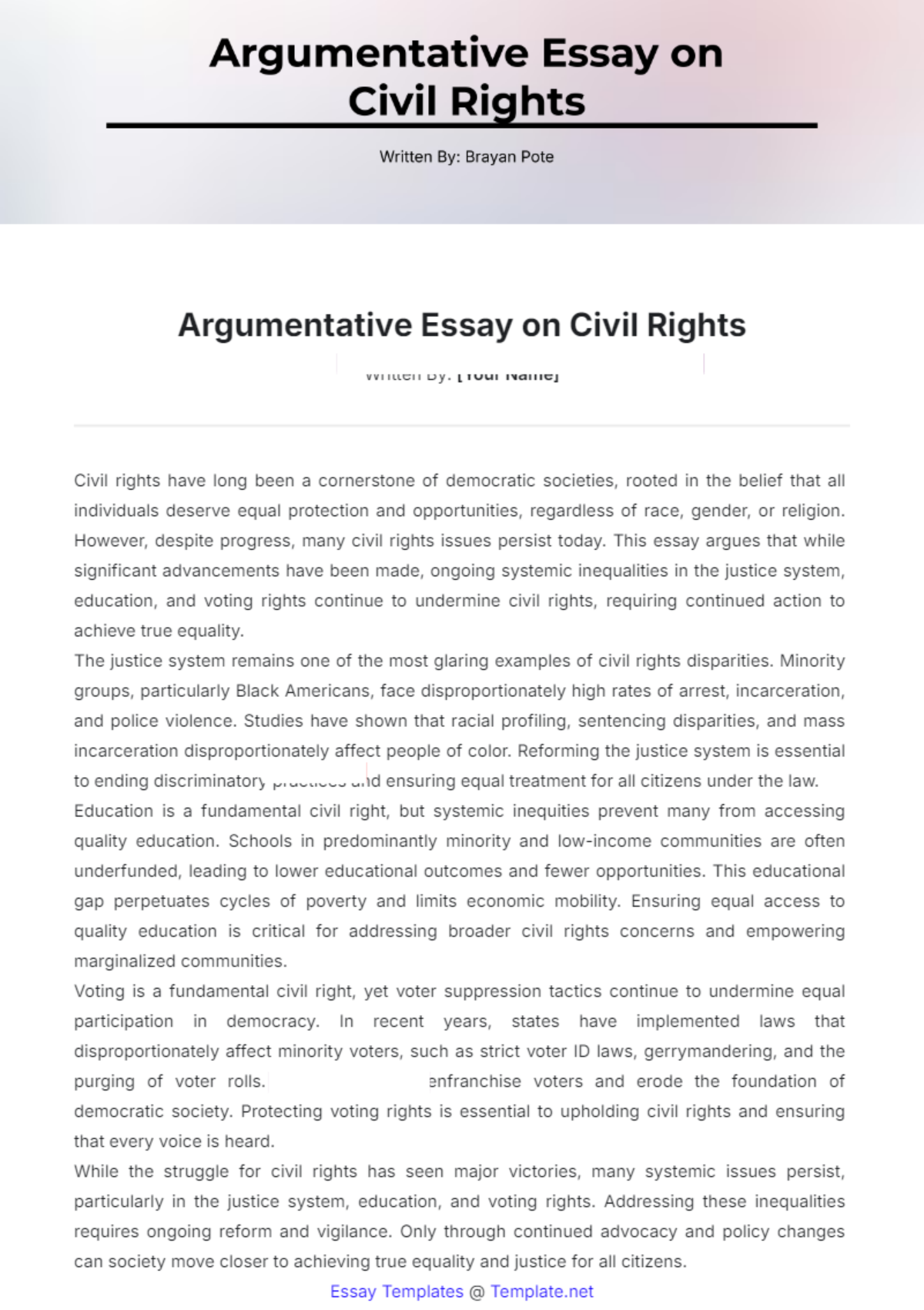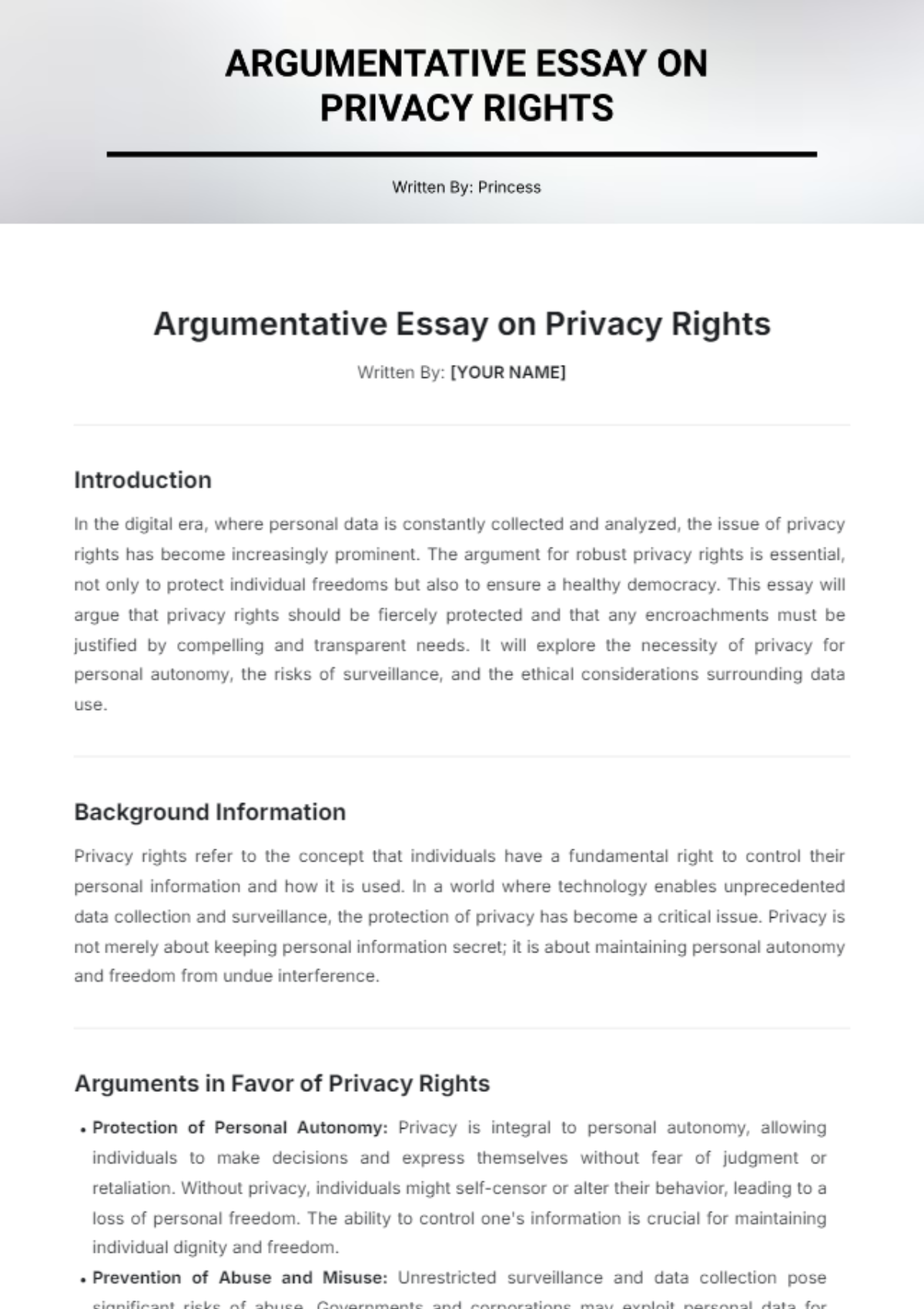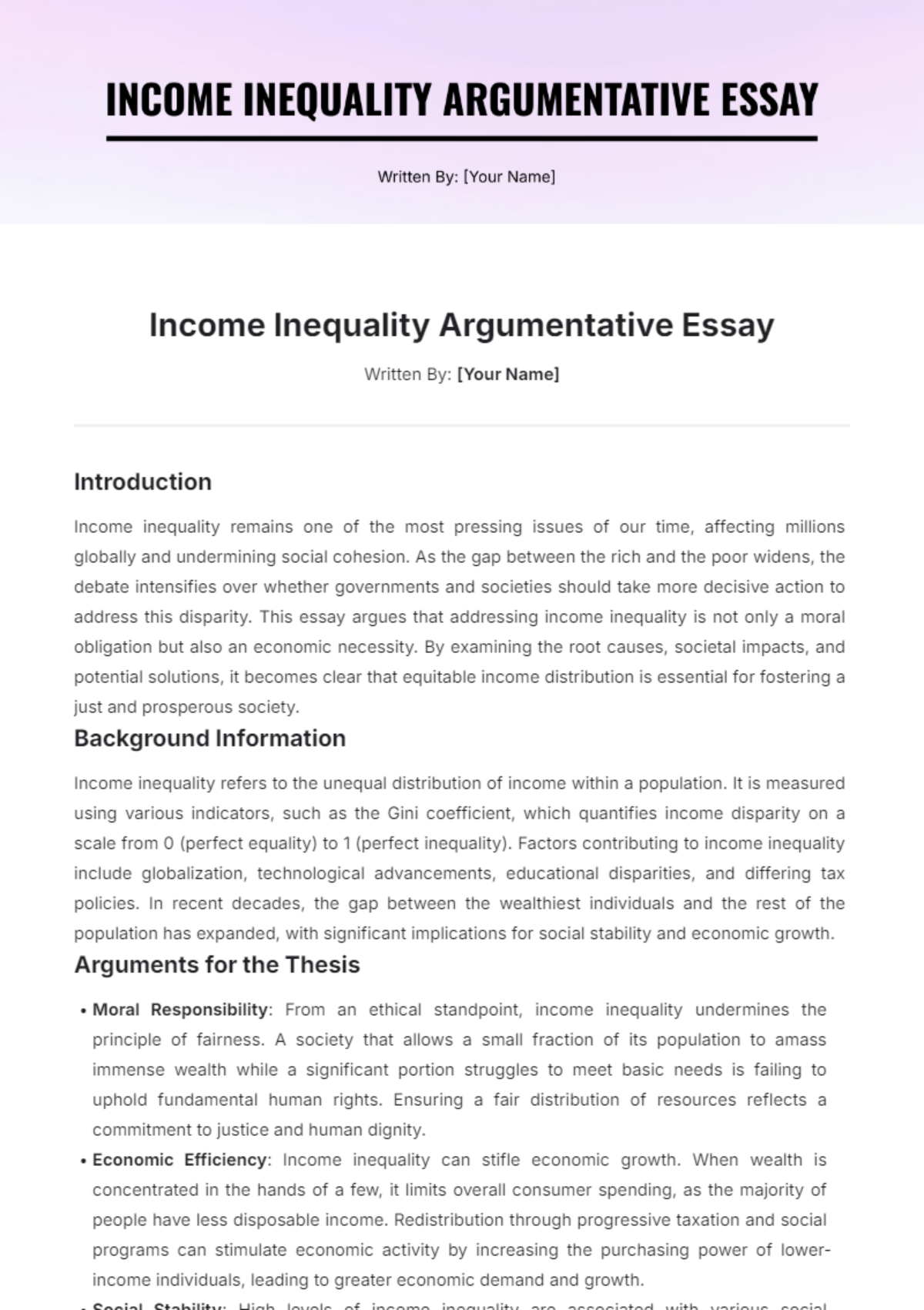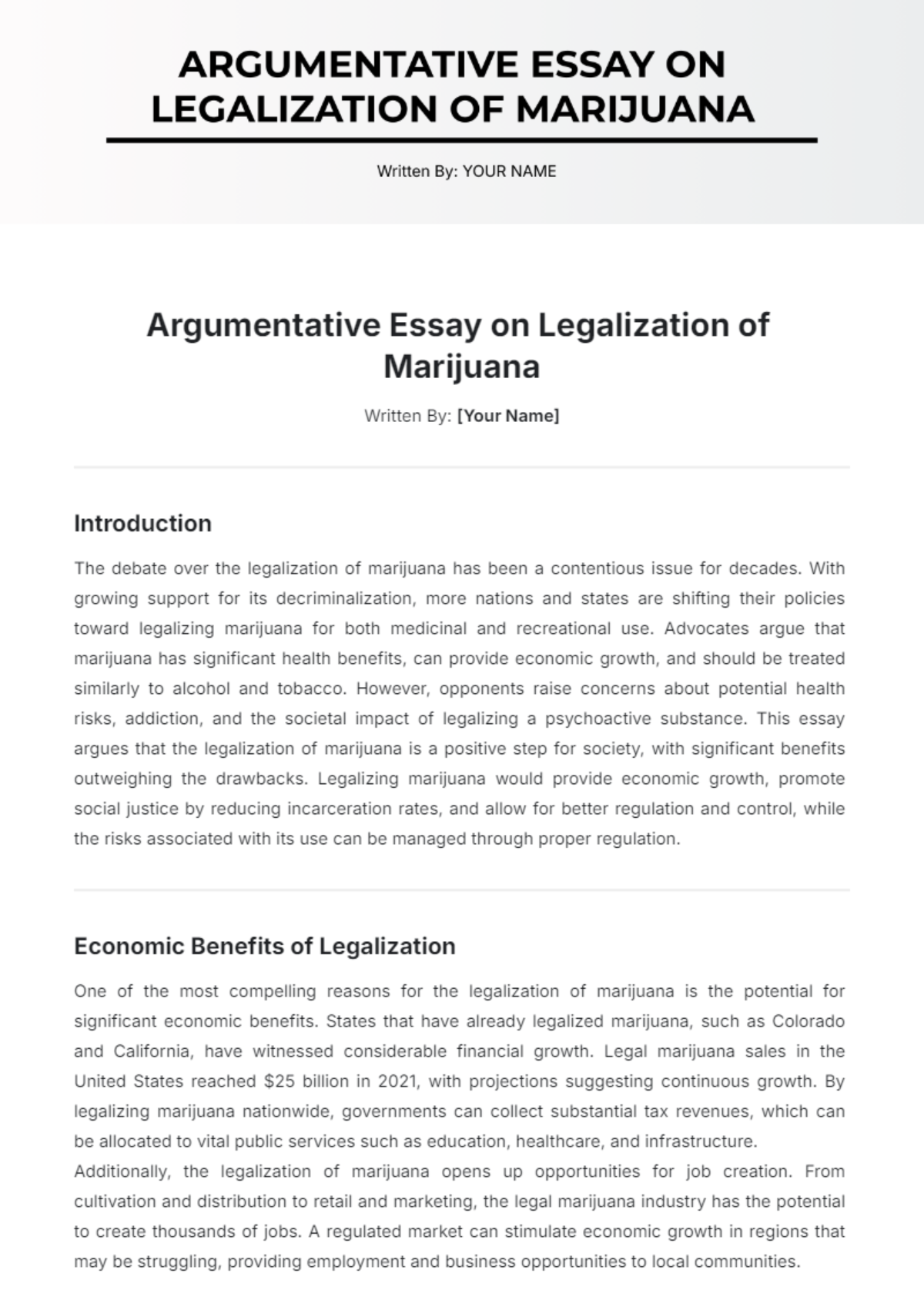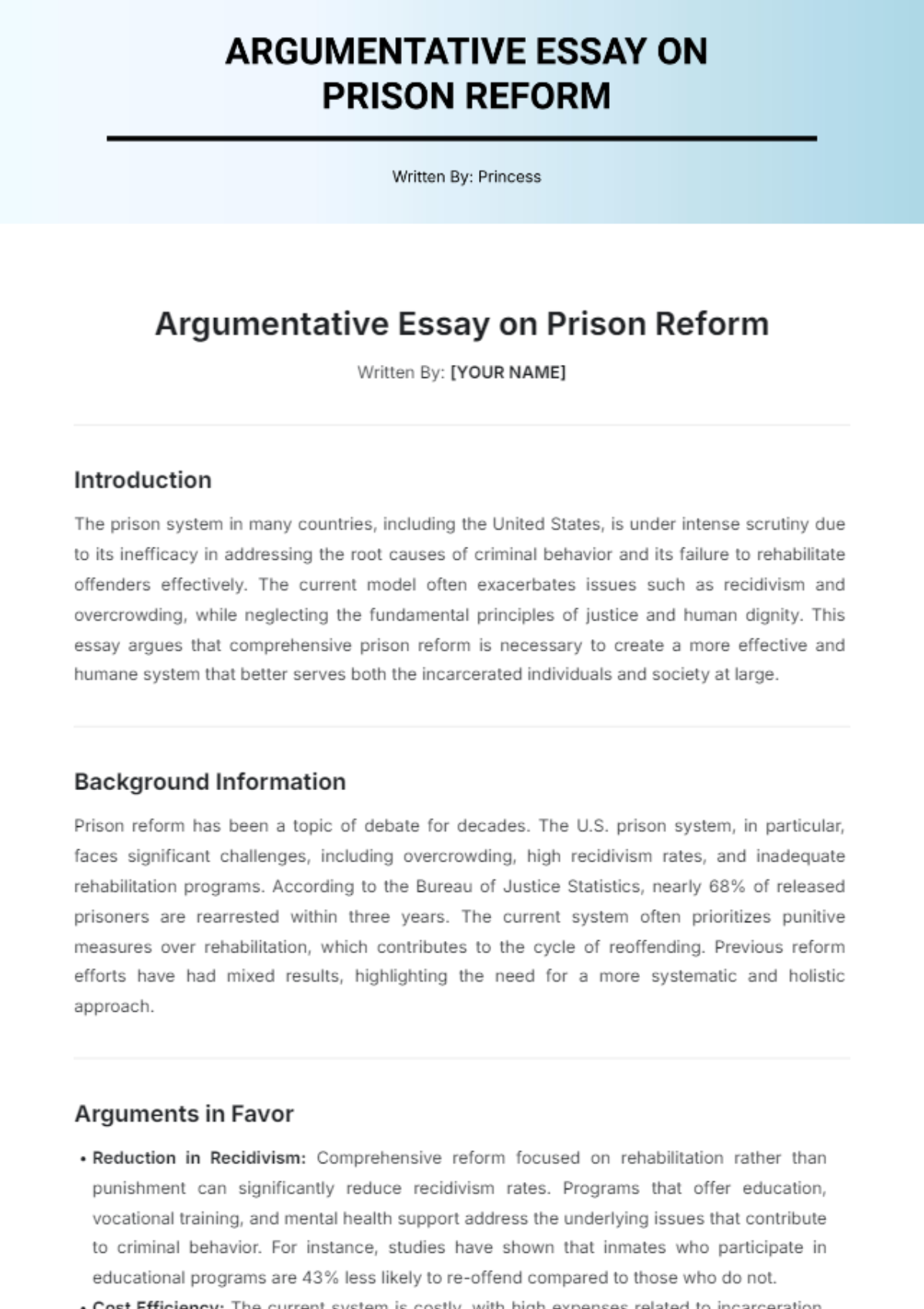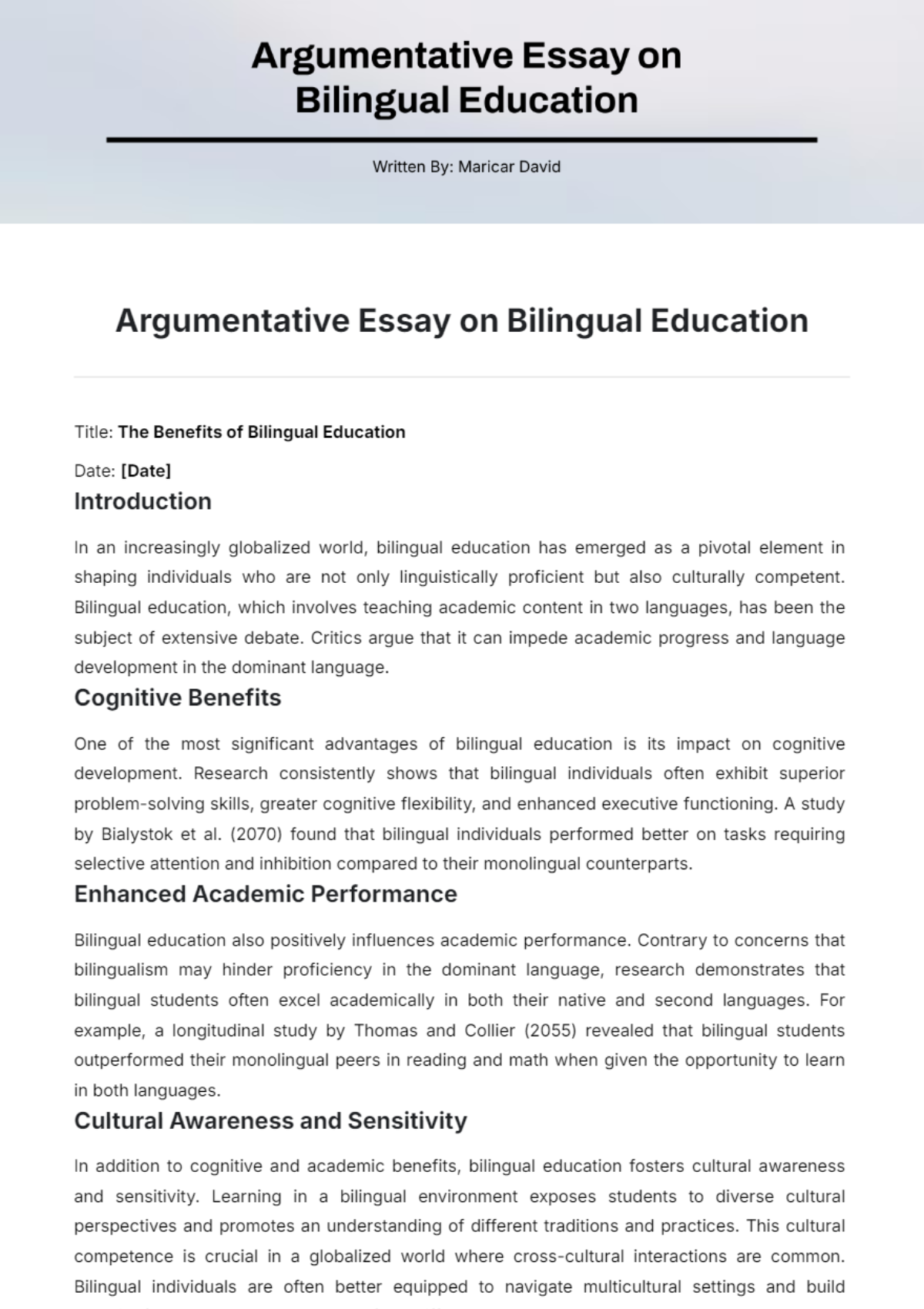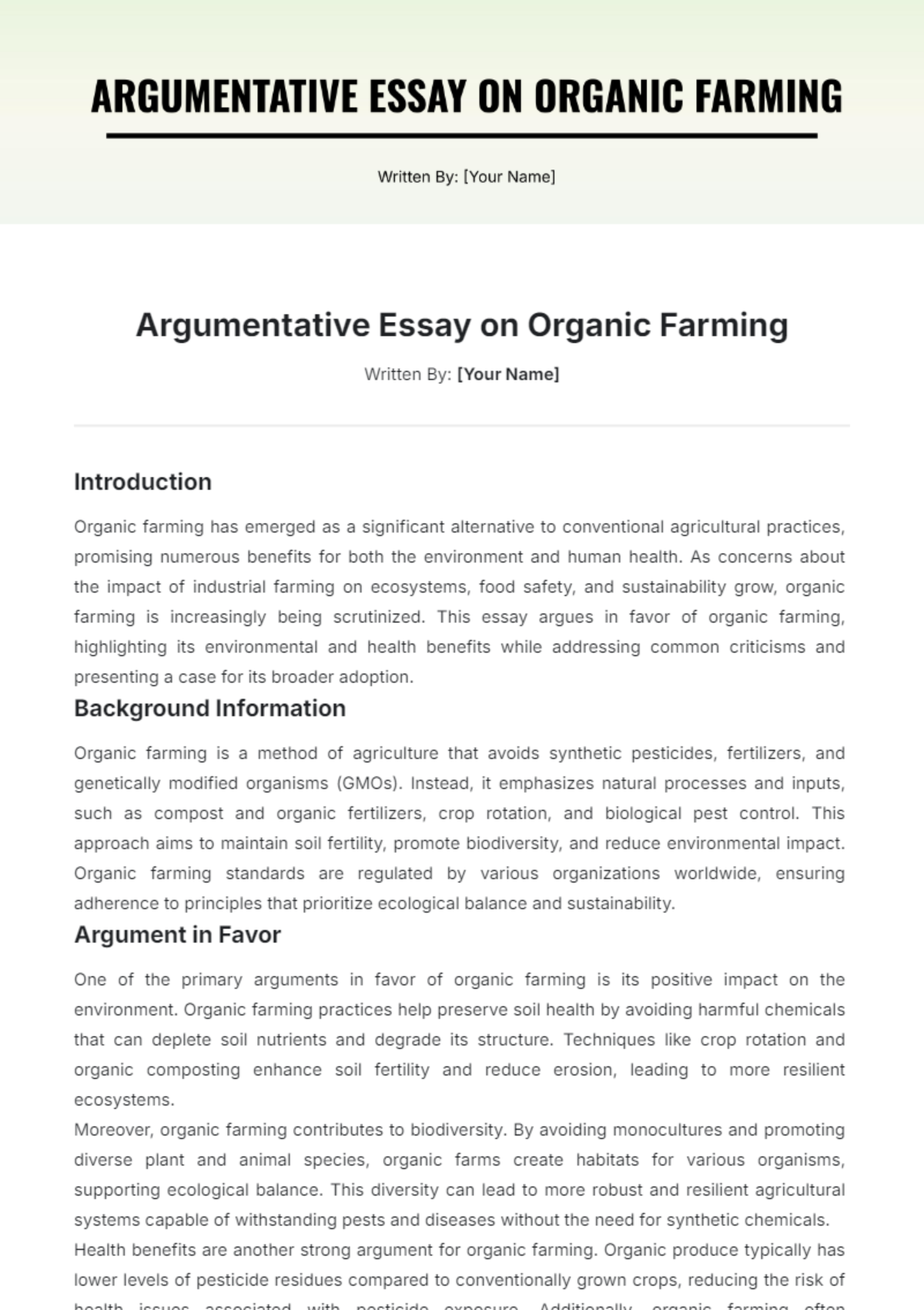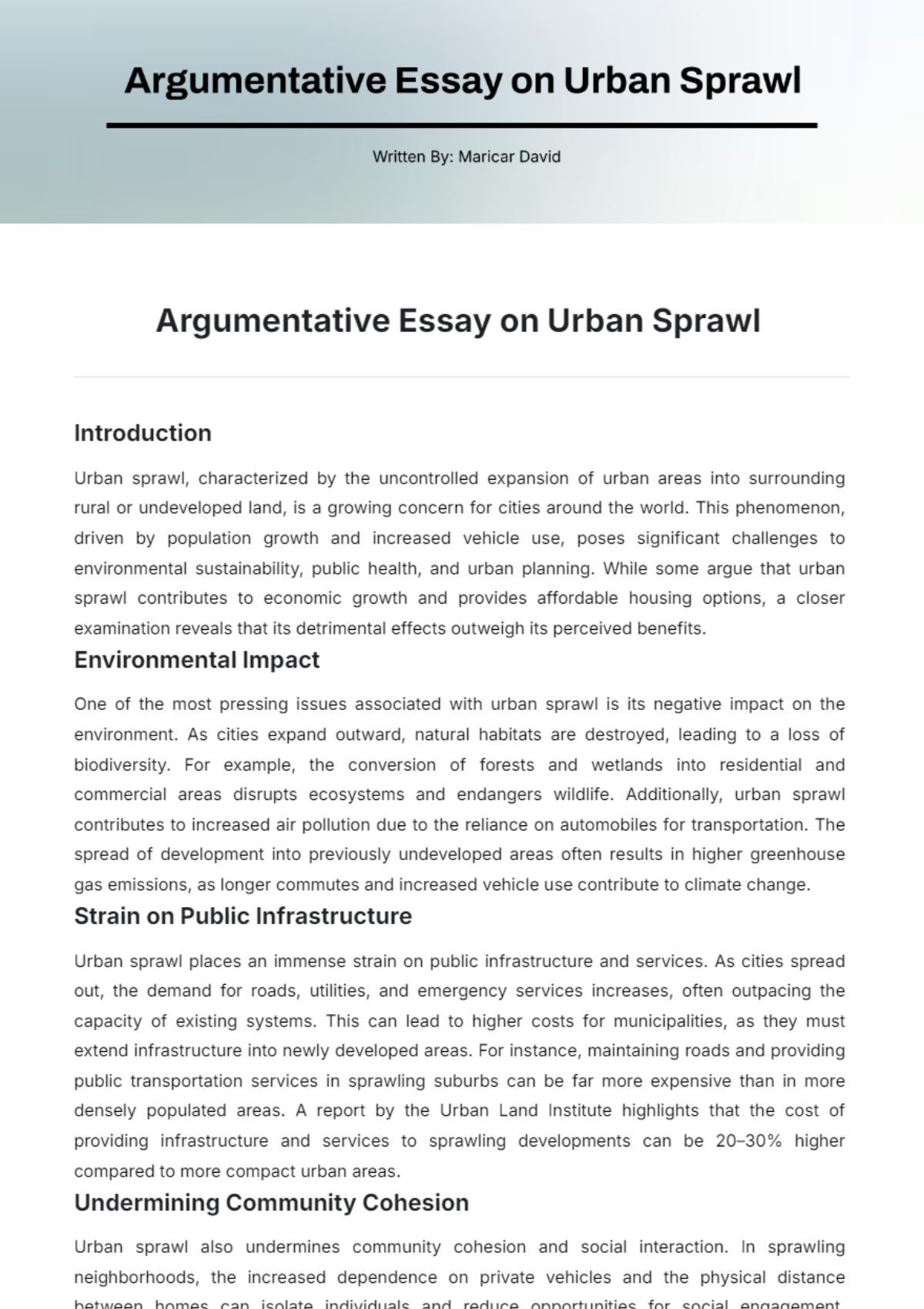Unveiling the Global Warming Dilemma: A Discursive Analysis
In the contemporary discourse surrounding global warming, the intricate interplay between human activities and the natural environment emerges as a focal point of inquiry. As we navigate through the complexities of this phenomenon, it becomes imperative to engage in a rigorous examination of the evidence, evaluate competing perspectives, and articulate a nuanced position informed by empirical data. By delving into the multifaceted dimensions of global warming, we can elucidate its far-reaching implications and chart a course toward informed action and sustainable solutions.
At the heart of the global warming debate lies the unequivocal consensus among the scientific community regarding the anthropogenic origins of climate change. Extensive research spanning decades has elucidated the causal link between human-induced emissions of greenhouse gases and the observed increase in global temperatures. From atmospheric CO2 concentrations to the melting polar ice caps, the empirical evidence underscores the urgency of addressing the root causes of this crisis. However, amidst the cacophony of voices, dissenting opinions and skepticism persist, challenging the validity of scientific consensus and sowing seeds of doubt. It is incumbent upon us to critically evaluate the evidence, discerning between legitimate scientific inquiry and vested interests, to navigate through the fog of misinformation and disinformation.
The ramifications of global warming extend far beyond mere environmental concerns, permeating every facet of human existence—from socio-economic disparities to geopolitical tensions. Disproportionate impacts are felt most acutely by marginalized communities, exacerbating preexisting inequalities and amplifying vulnerabilities. The imperative to address climate justice underscores the moral imperative of equitable distribution of resources and opportunities, both within and across national boundaries. Furthermore, the geopolitical ramifications of resource scarcity, migration pressures, and conflict escalation underscore the interconnectedness of global warming with broader geopolitical dynamics. As such, any comprehensive response to this crisis must account for the intricate interplay of social, economic, and political factors, transcending narrow disciplinary boundaries.
In charting a path forward, it is imperative to recognize the inherent complexities and trade-offs inherent in addressing global warming. Technological solutions, such as renewable energy and carbon capture, offer promising avenues for mitigating emissions and transitioning towards a low-carbon future. However, the efficacy and feasibility of such solutions must be critically evaluated in light of their potential socio-economic impacts and unintended consequences. Moreover, systemic changes in governance structures and policy frameworks are indispensable for catalyzing transformative action at the national and international levels. From carbon pricing mechanisms to regulatory reforms, policy interventions must be grounded in scientific evidence, equity considerations, and stakeholder engagement to garner widespread support and foster meaningful change.
In conclusion, the discourse surrounding global warming epitomizes the quintessential challenge of our time—an amalgamation of scientific inquiry, ethical considerations, and political exigencies. Through a discursive analysis that engages with diverse perspectives and interrogates prevailing narratives, we can transcend ideological divides and cultivate a shared understanding of the urgency and complexity of this crisis. Armed with knowledge and collective resolve, we can harness the transformative potential of informed discourse to forge a path toward a sustainable future for generations to come.
